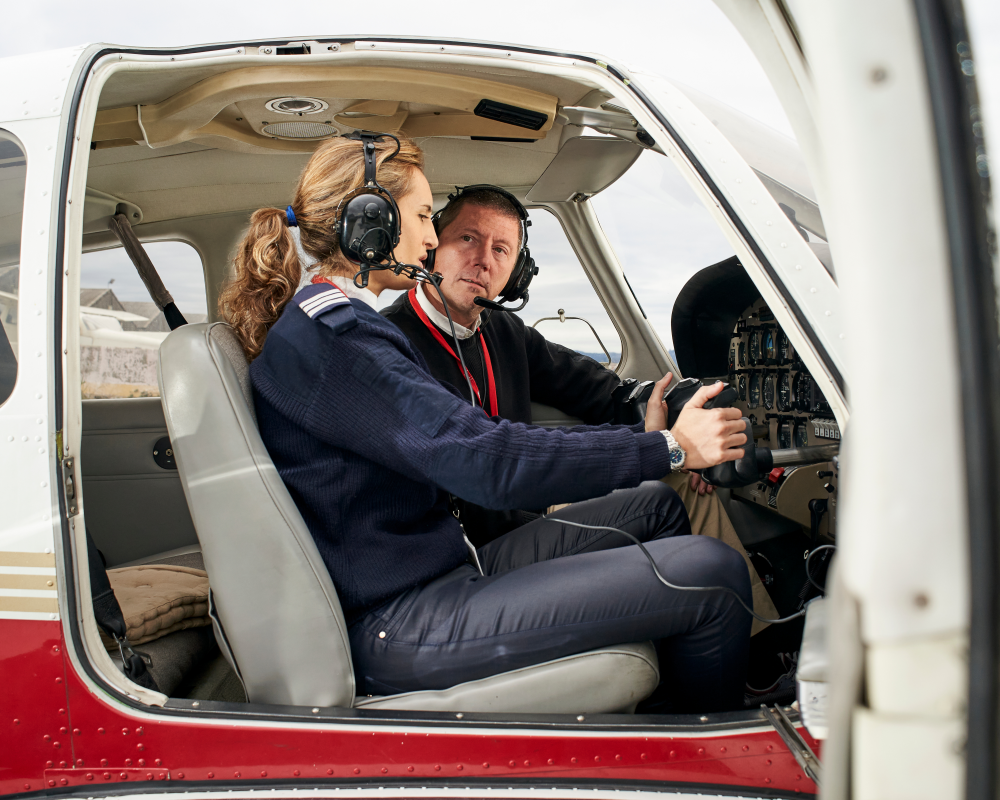Aviation Training Trusted By Industry Leaders.
We aim to provide you with the best Next Generation Flight Training Available in the industry.
Training Next Generation Professional Pilots
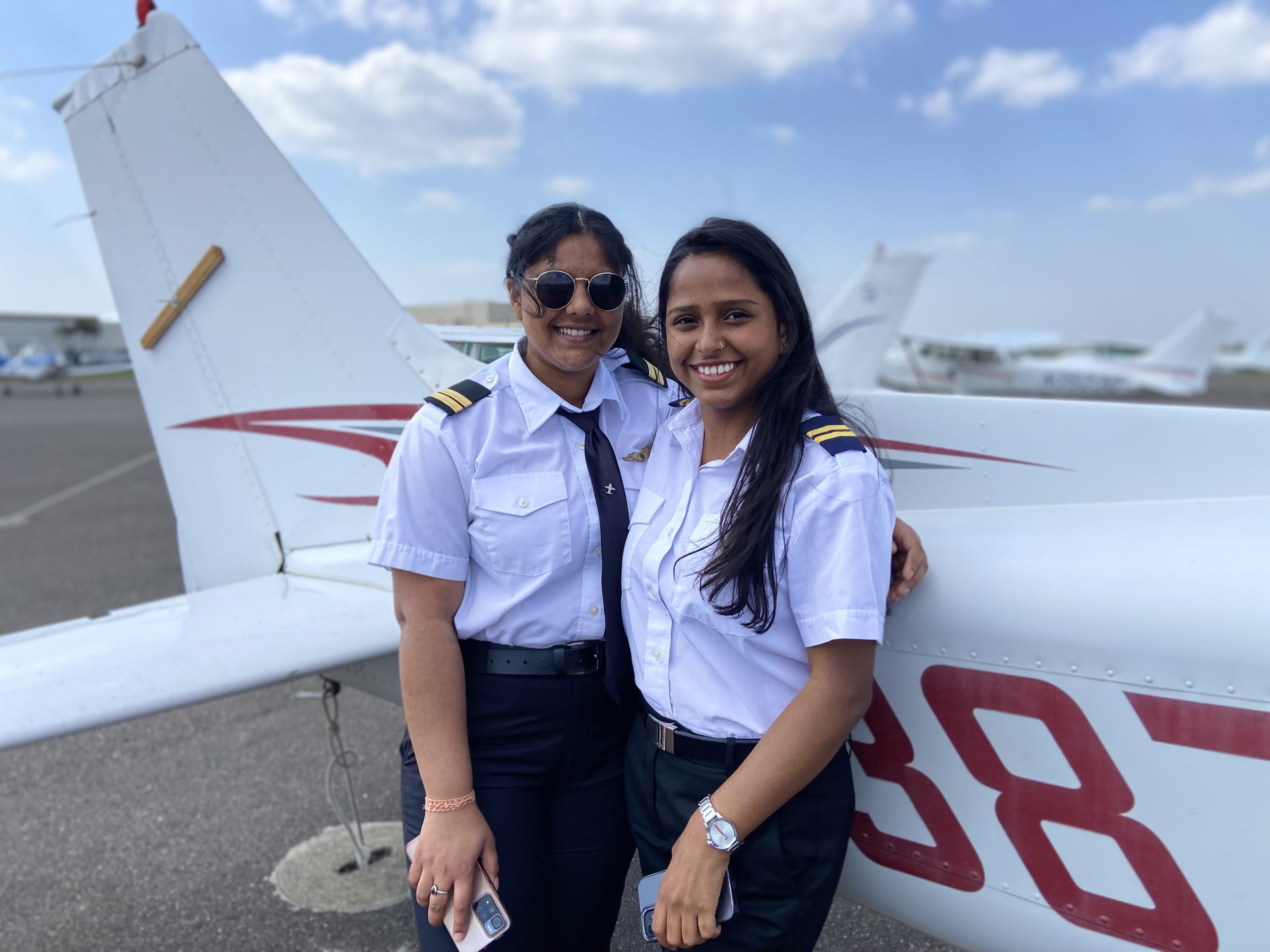
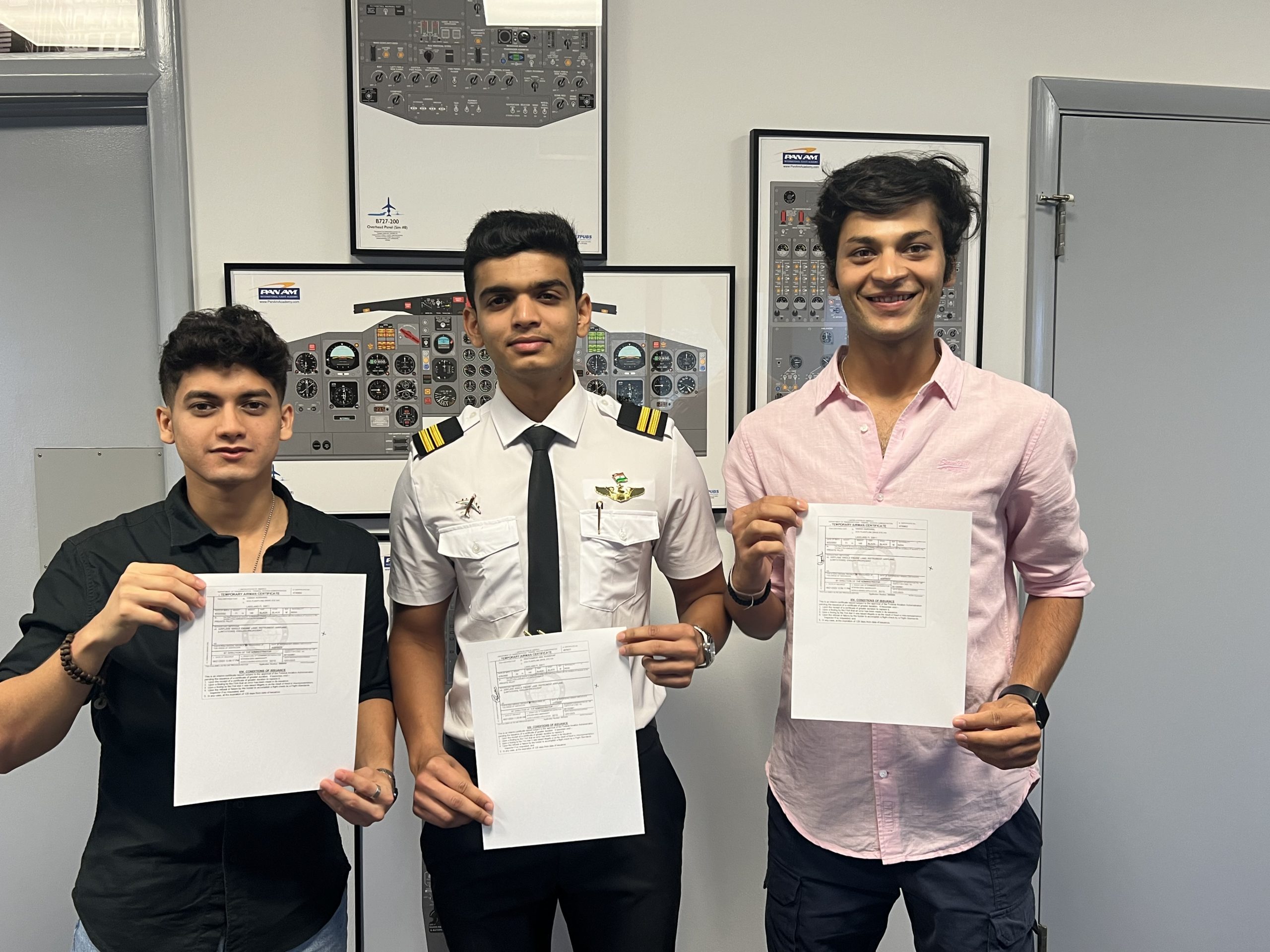
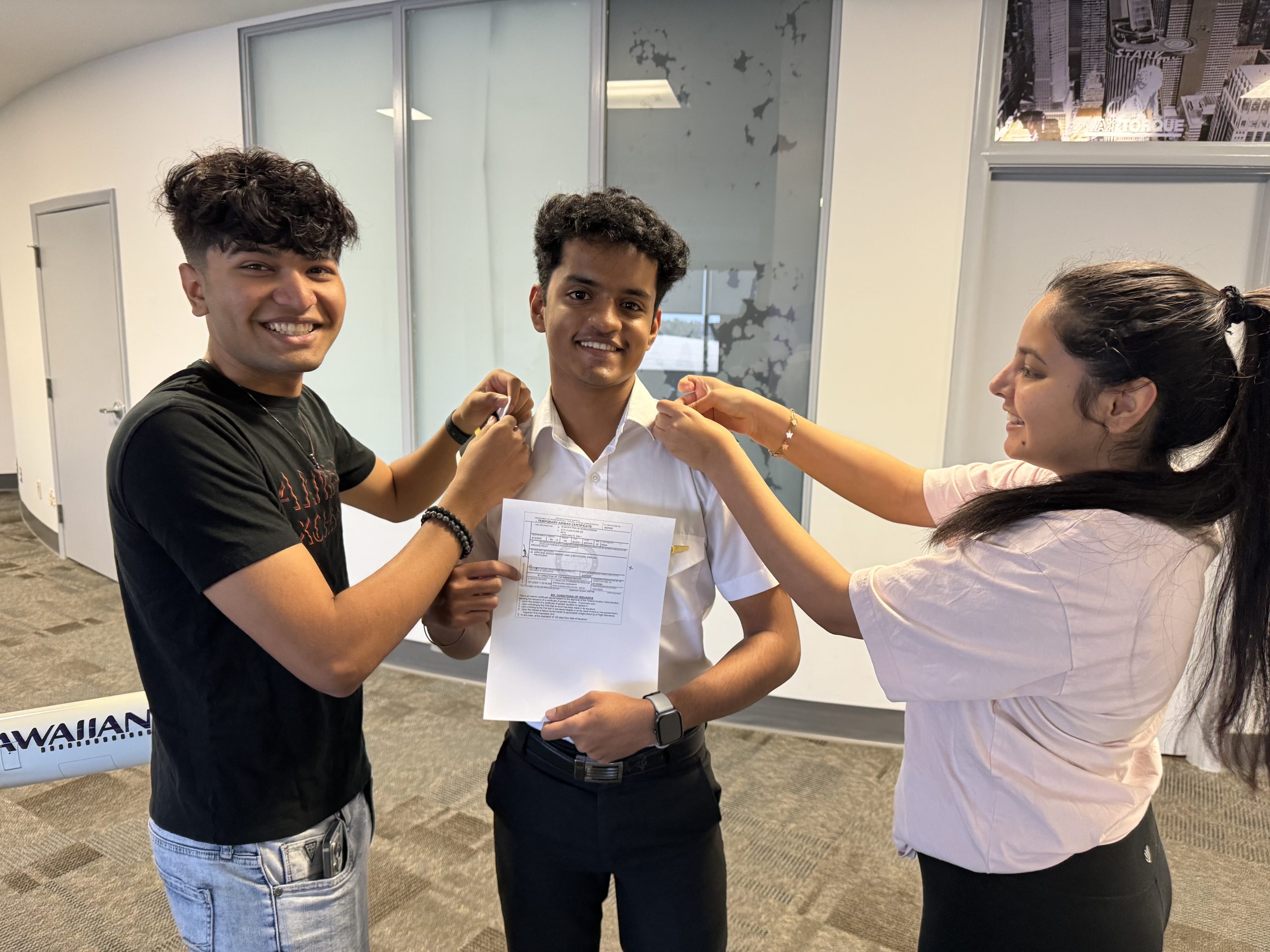
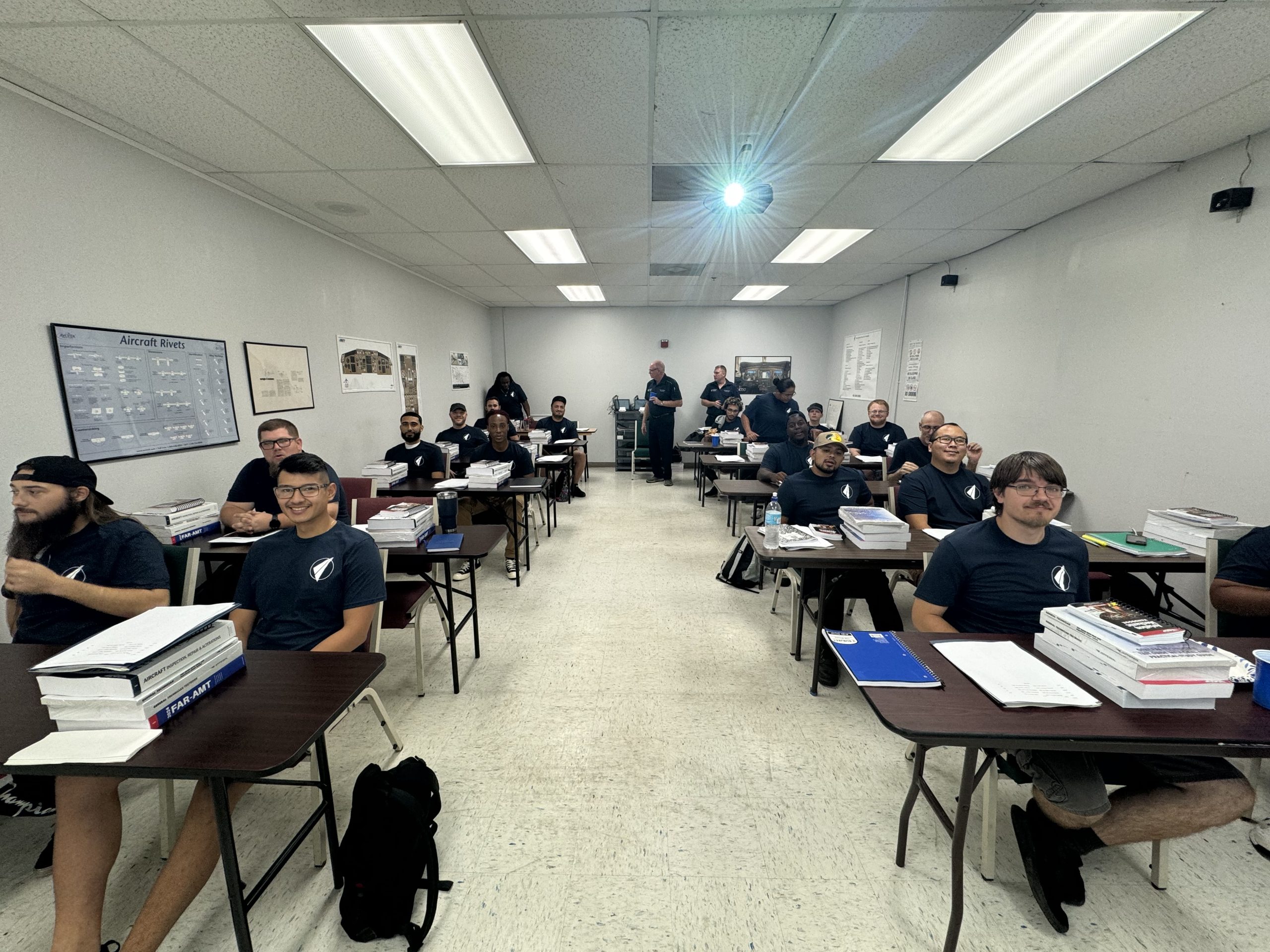
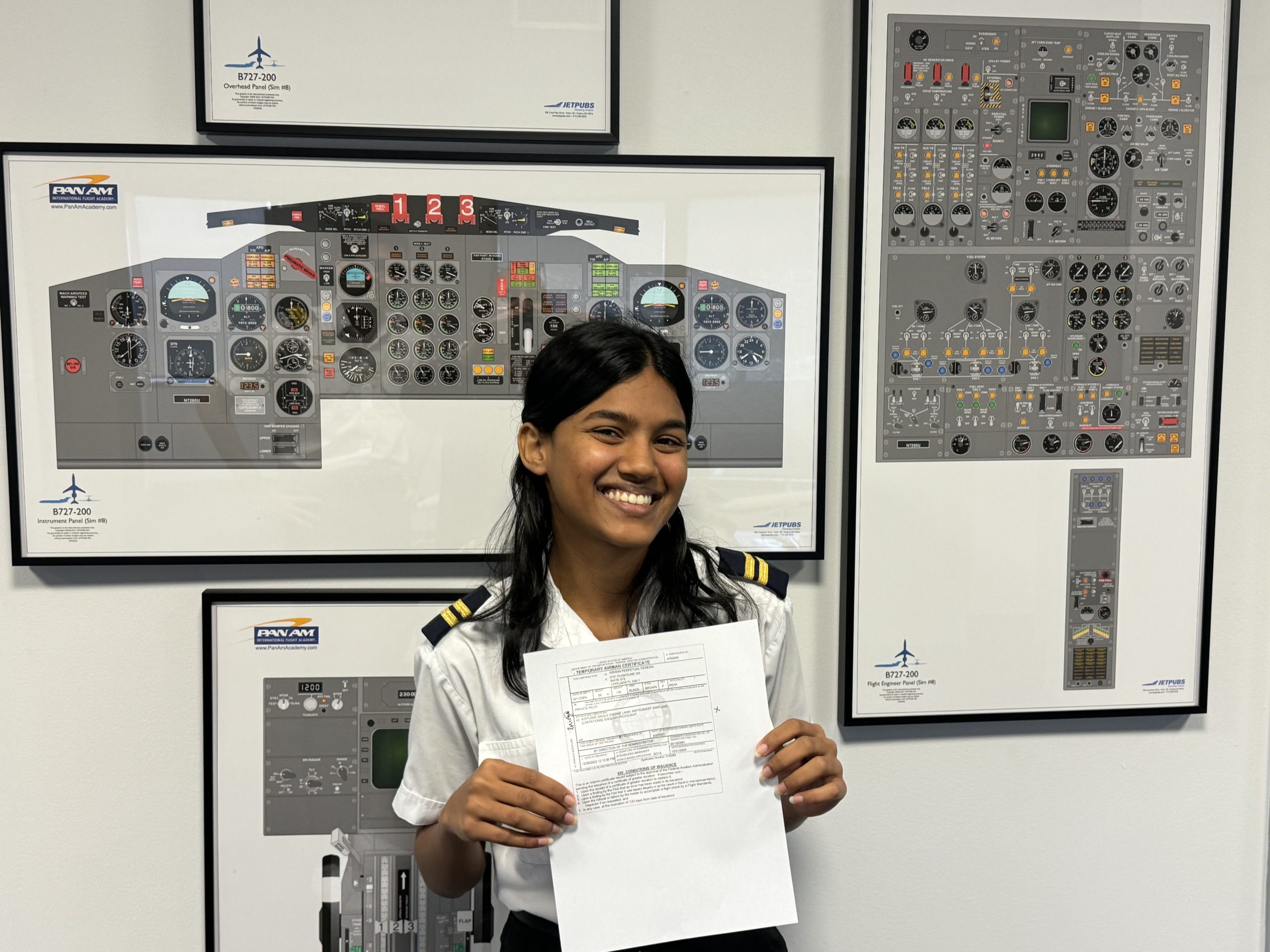
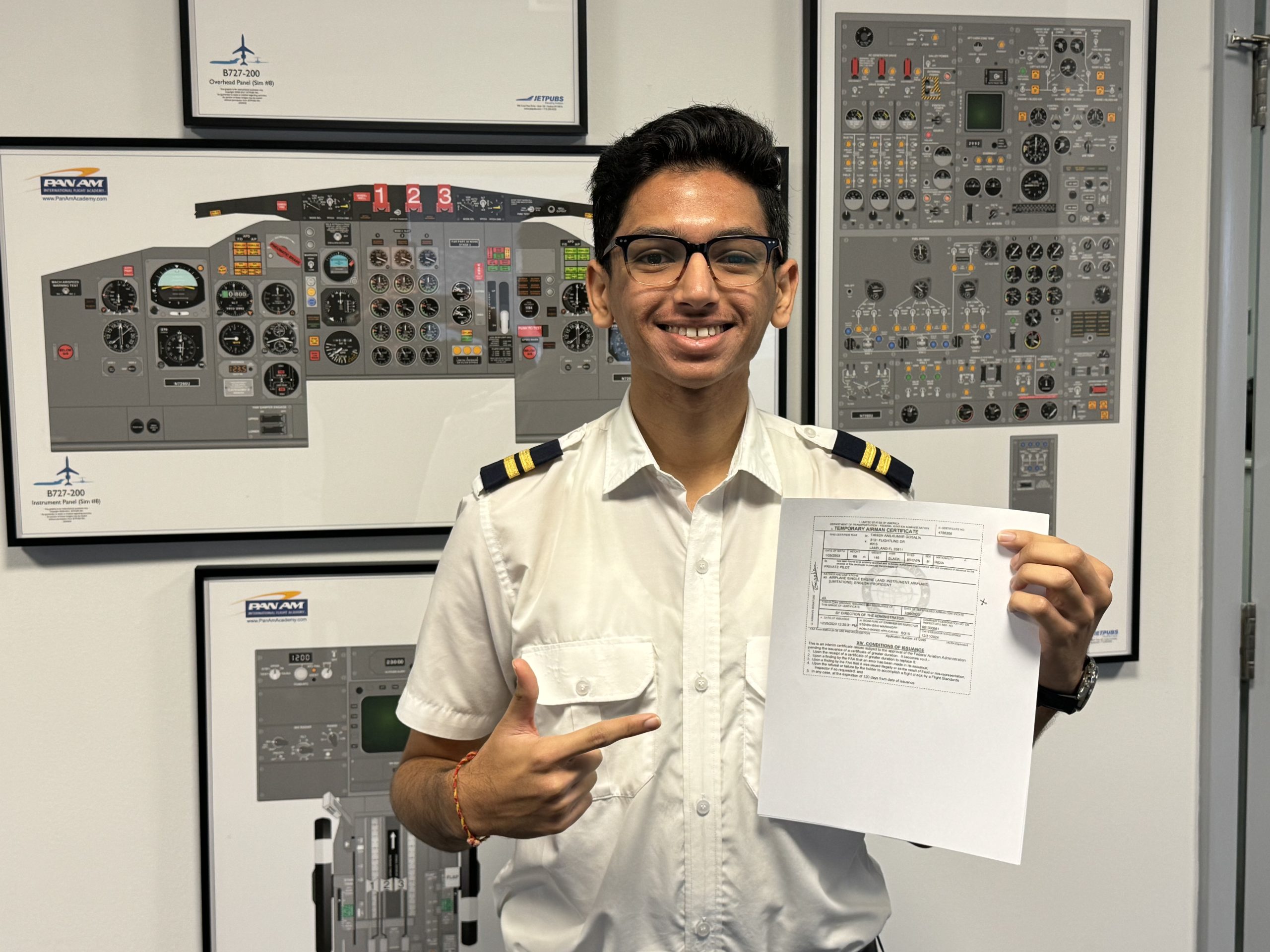
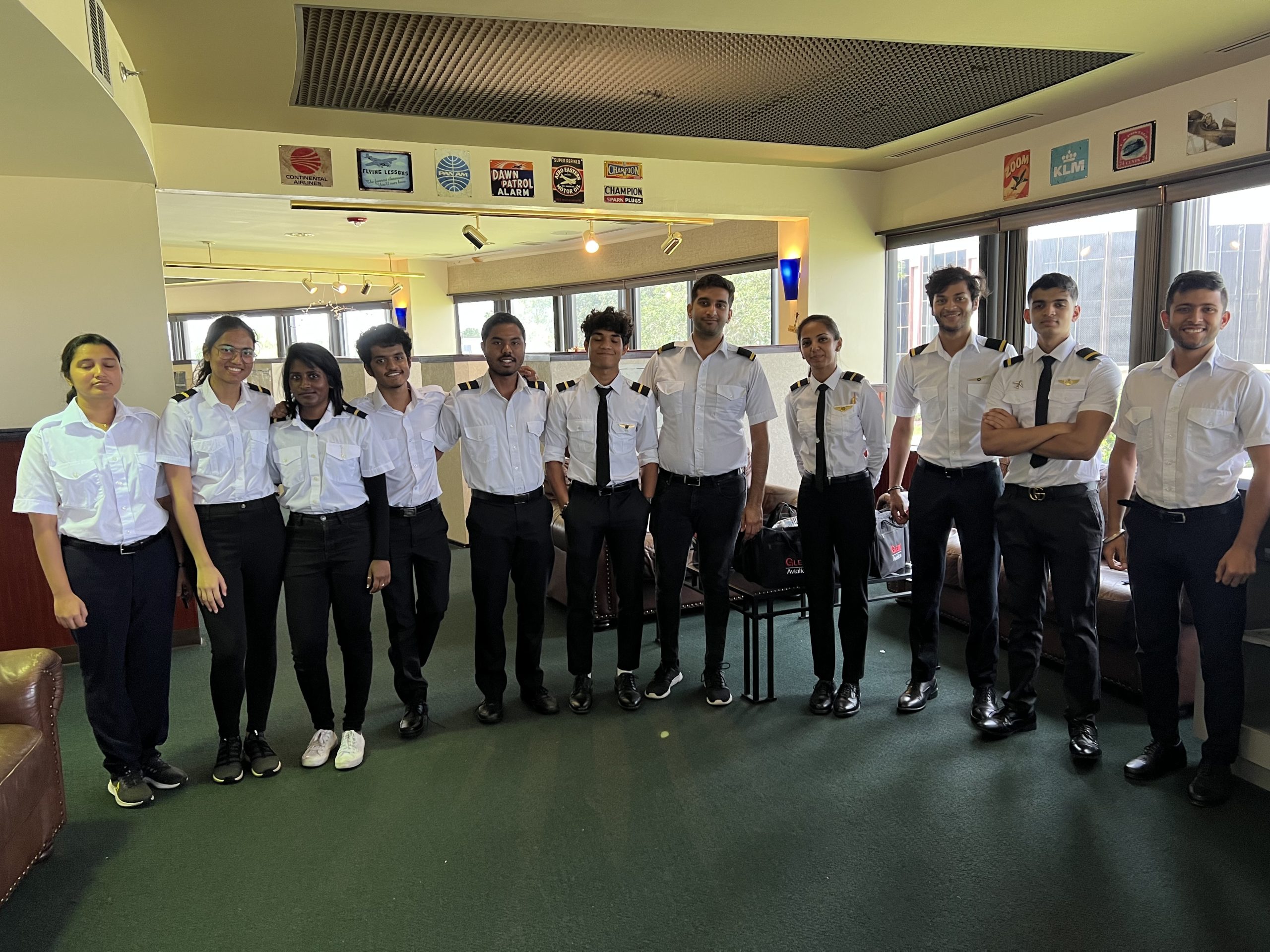
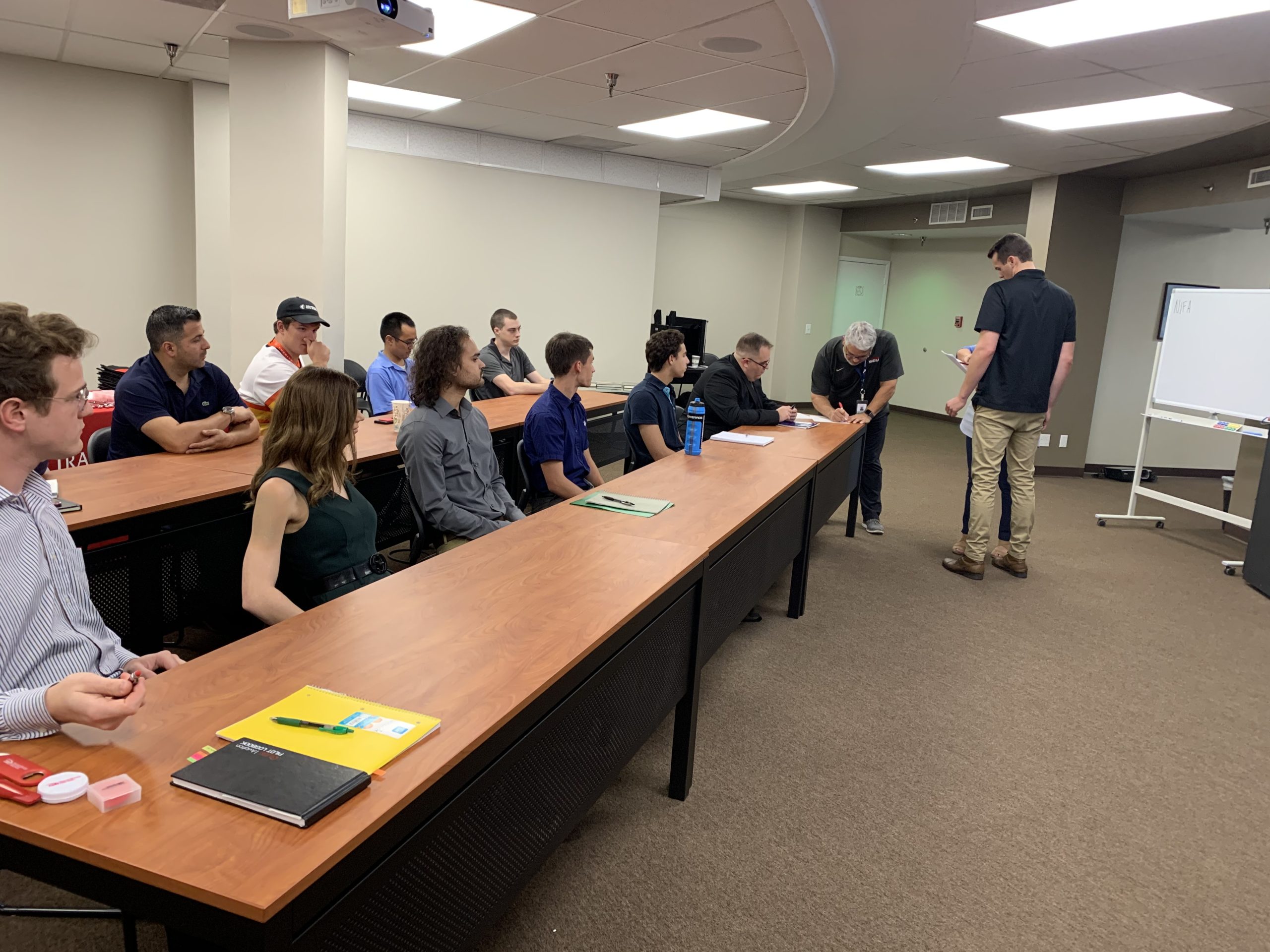
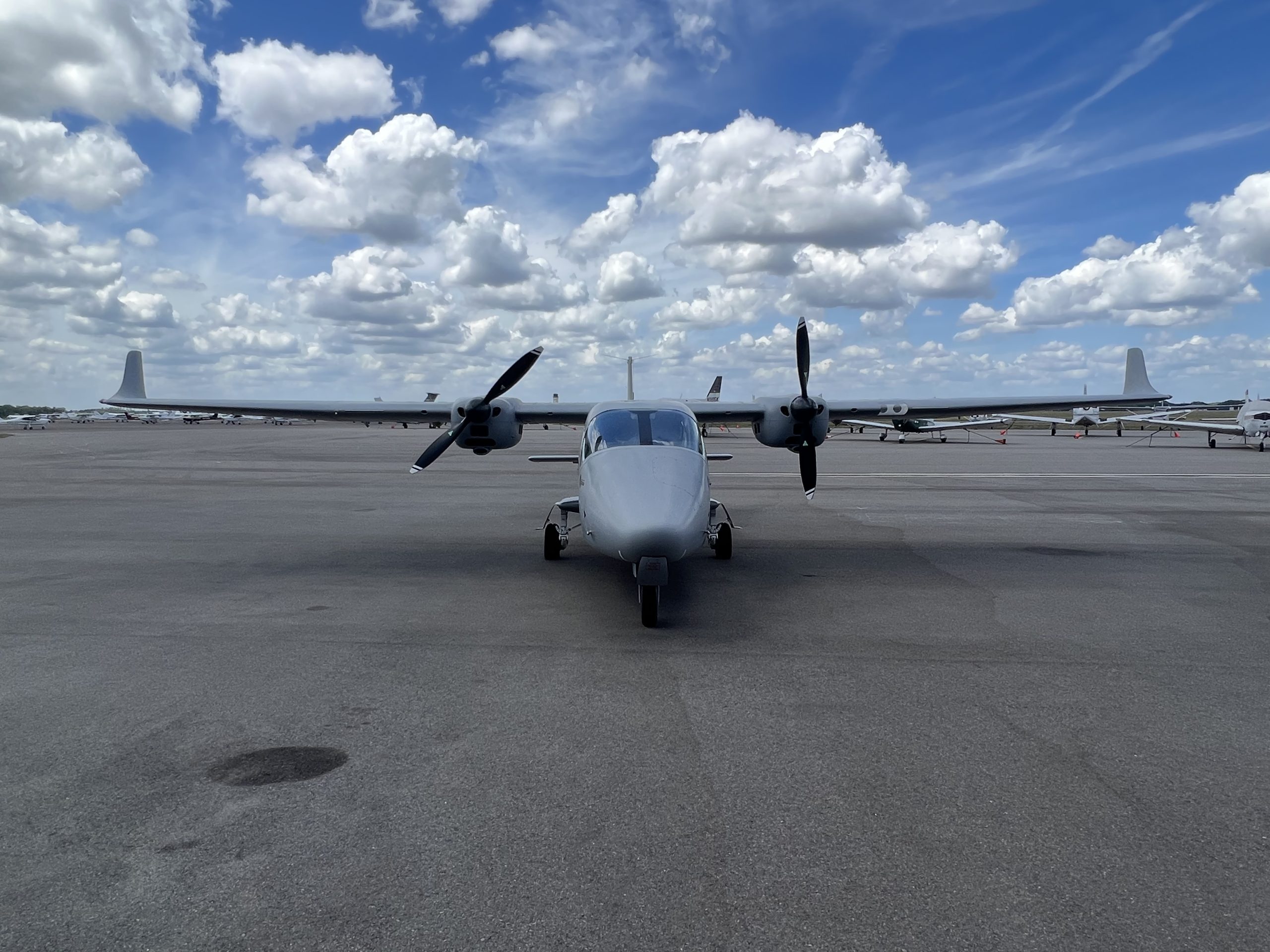
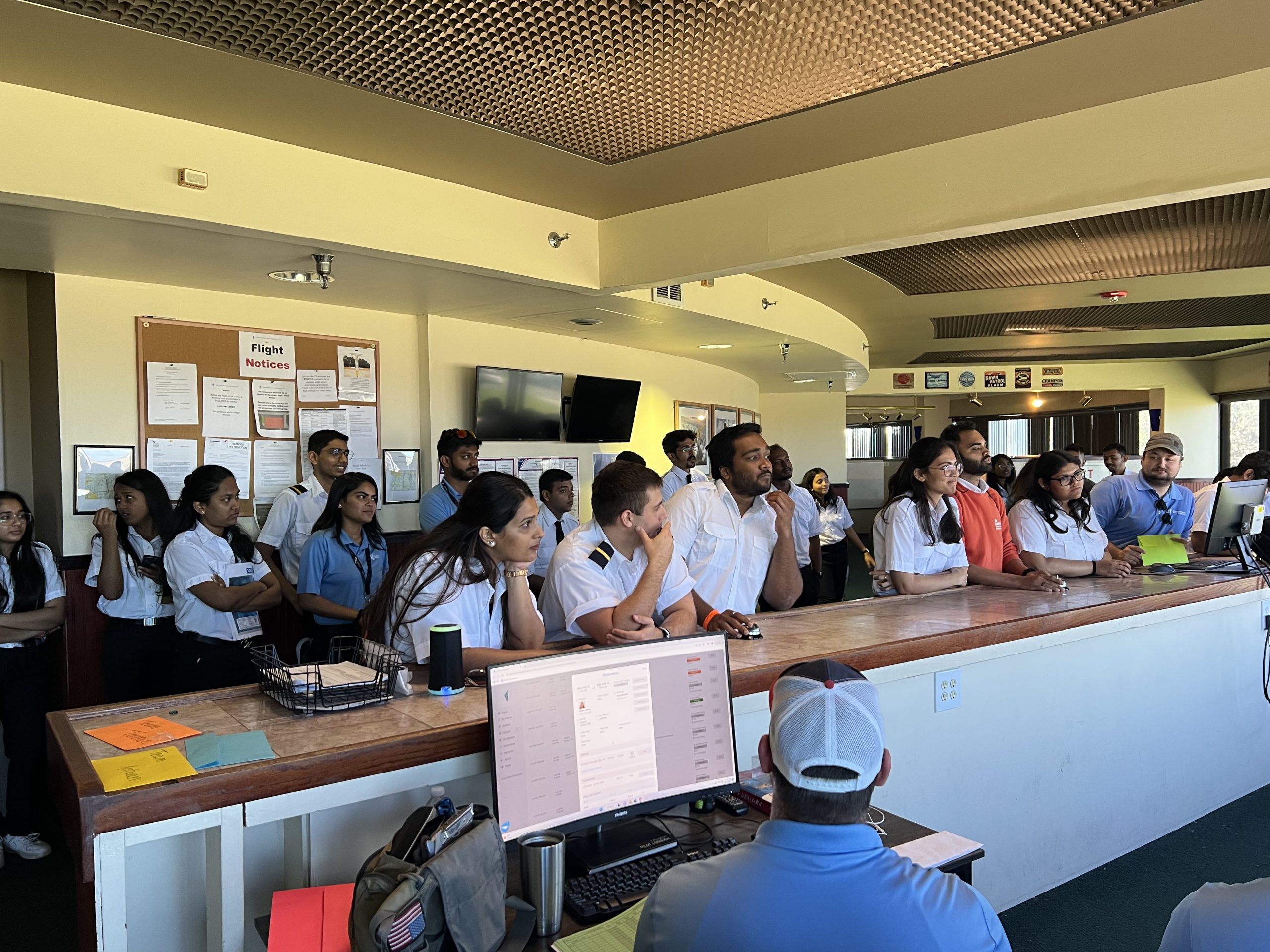
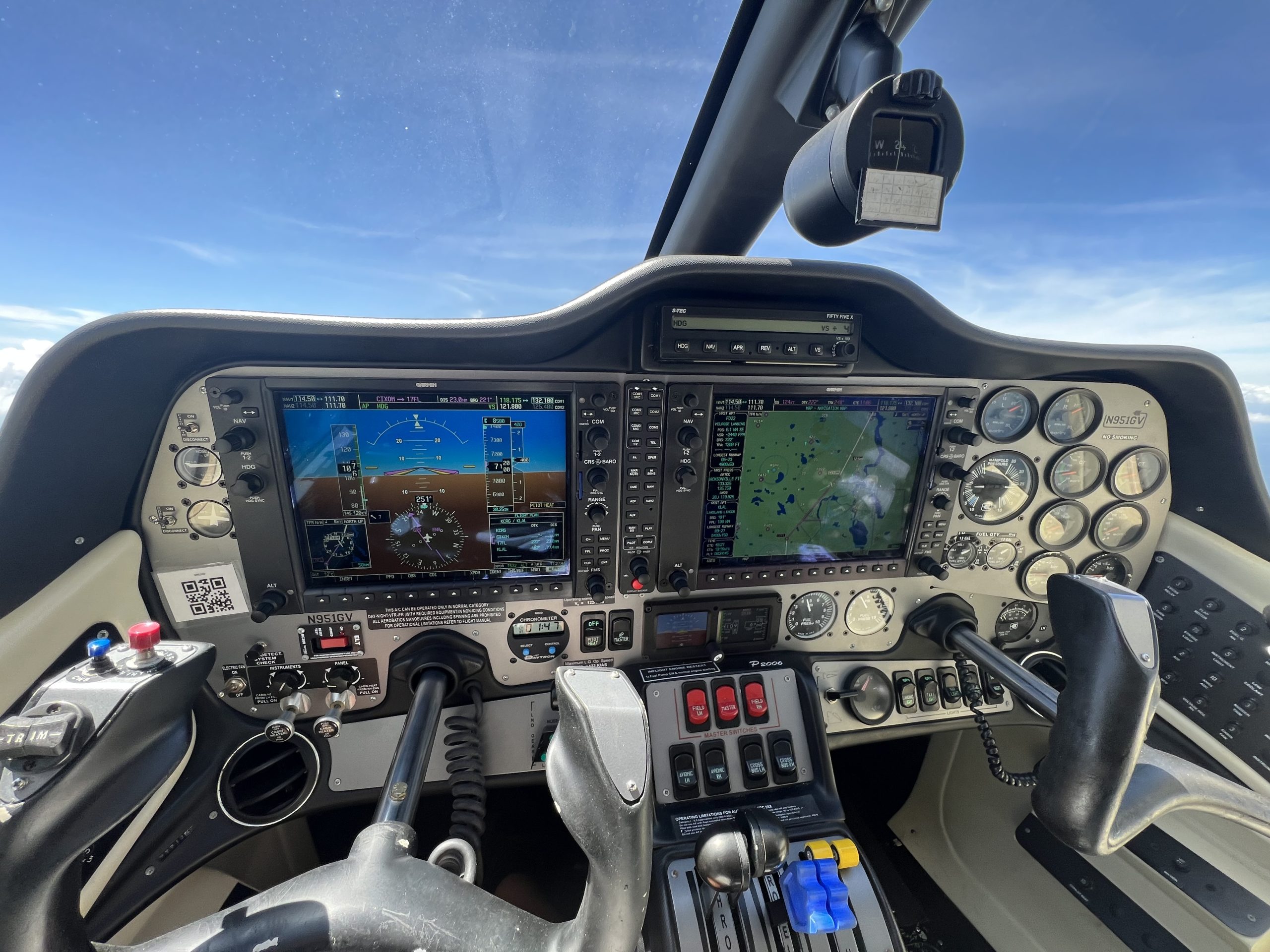
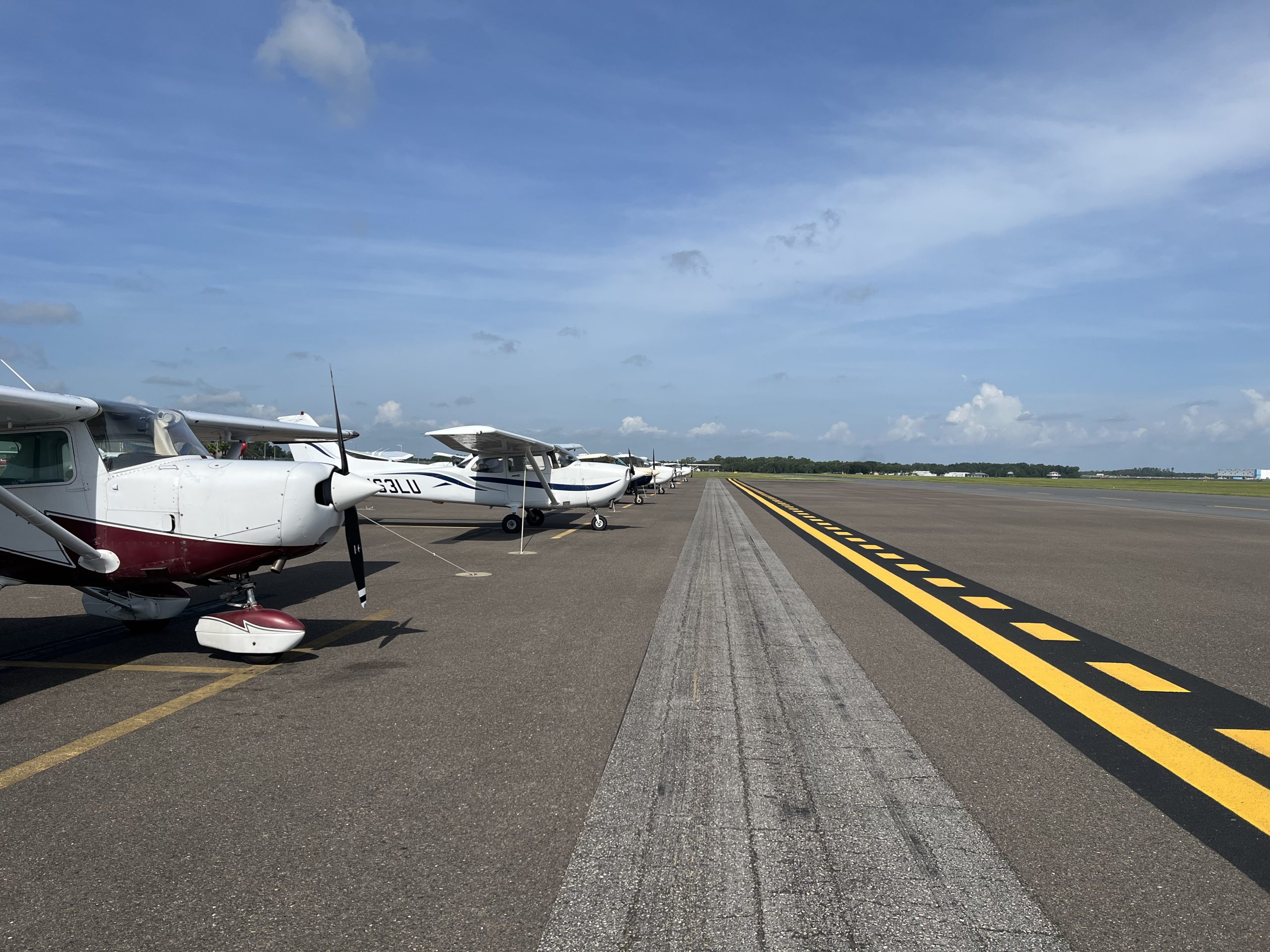
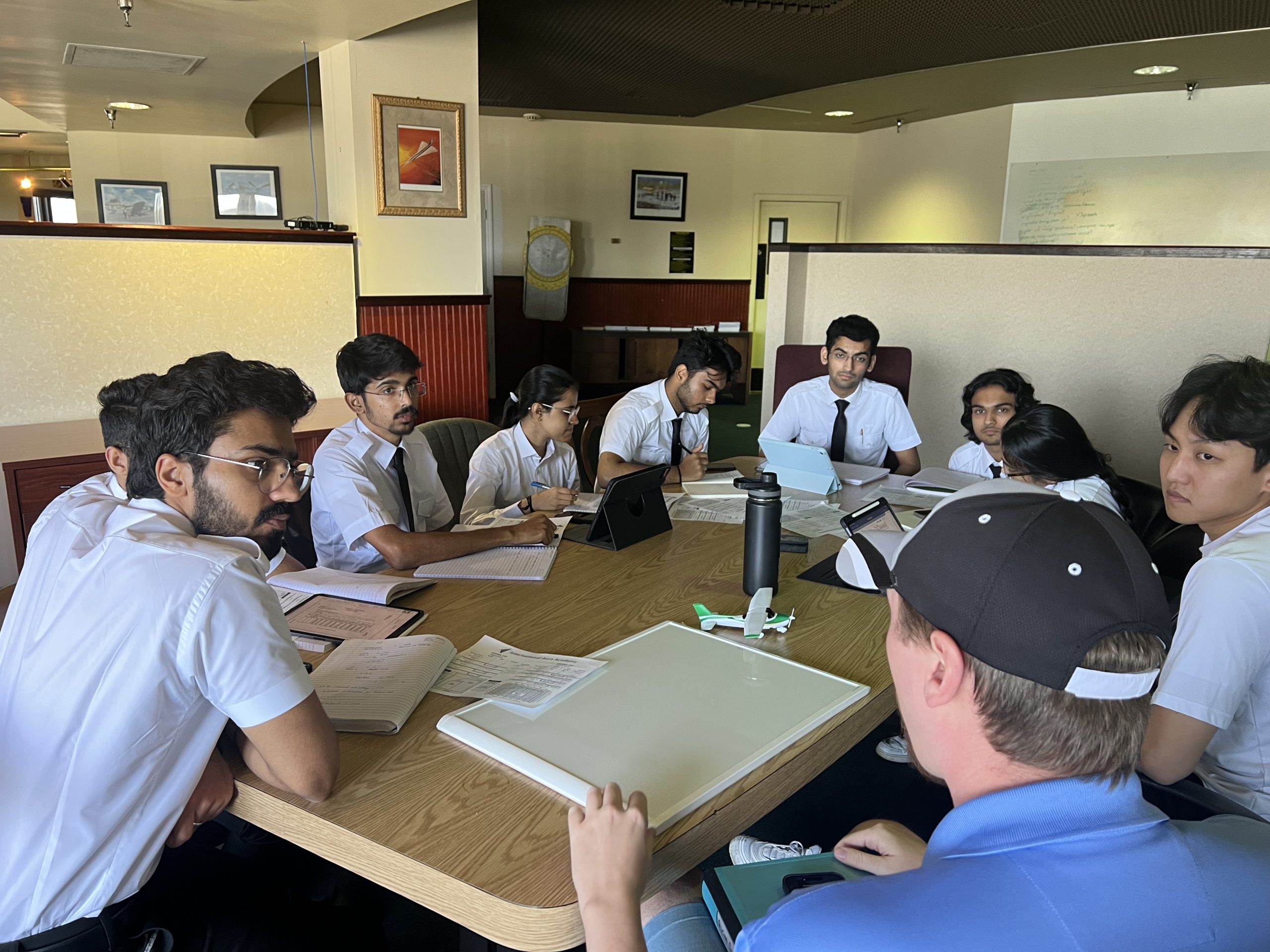
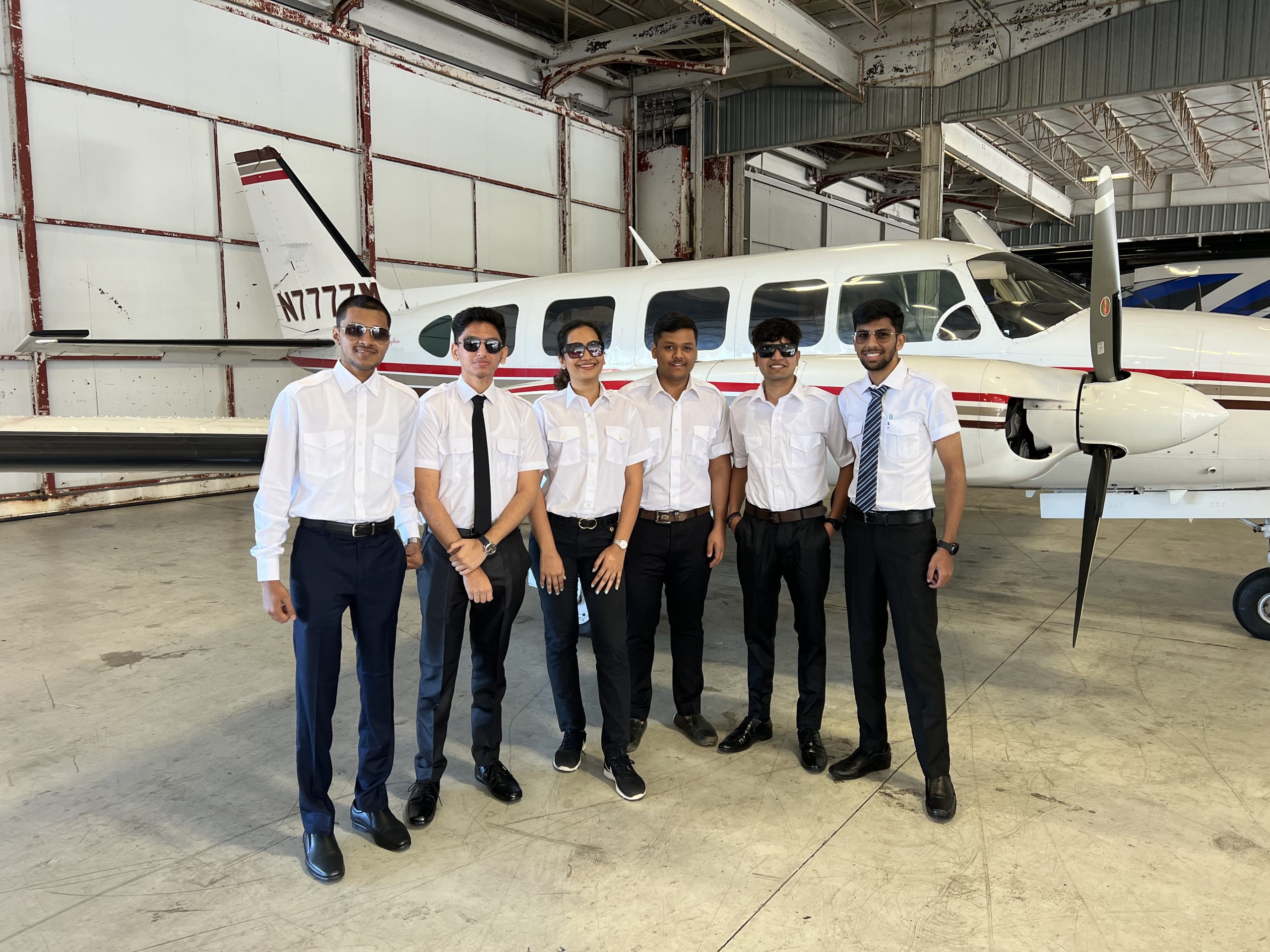
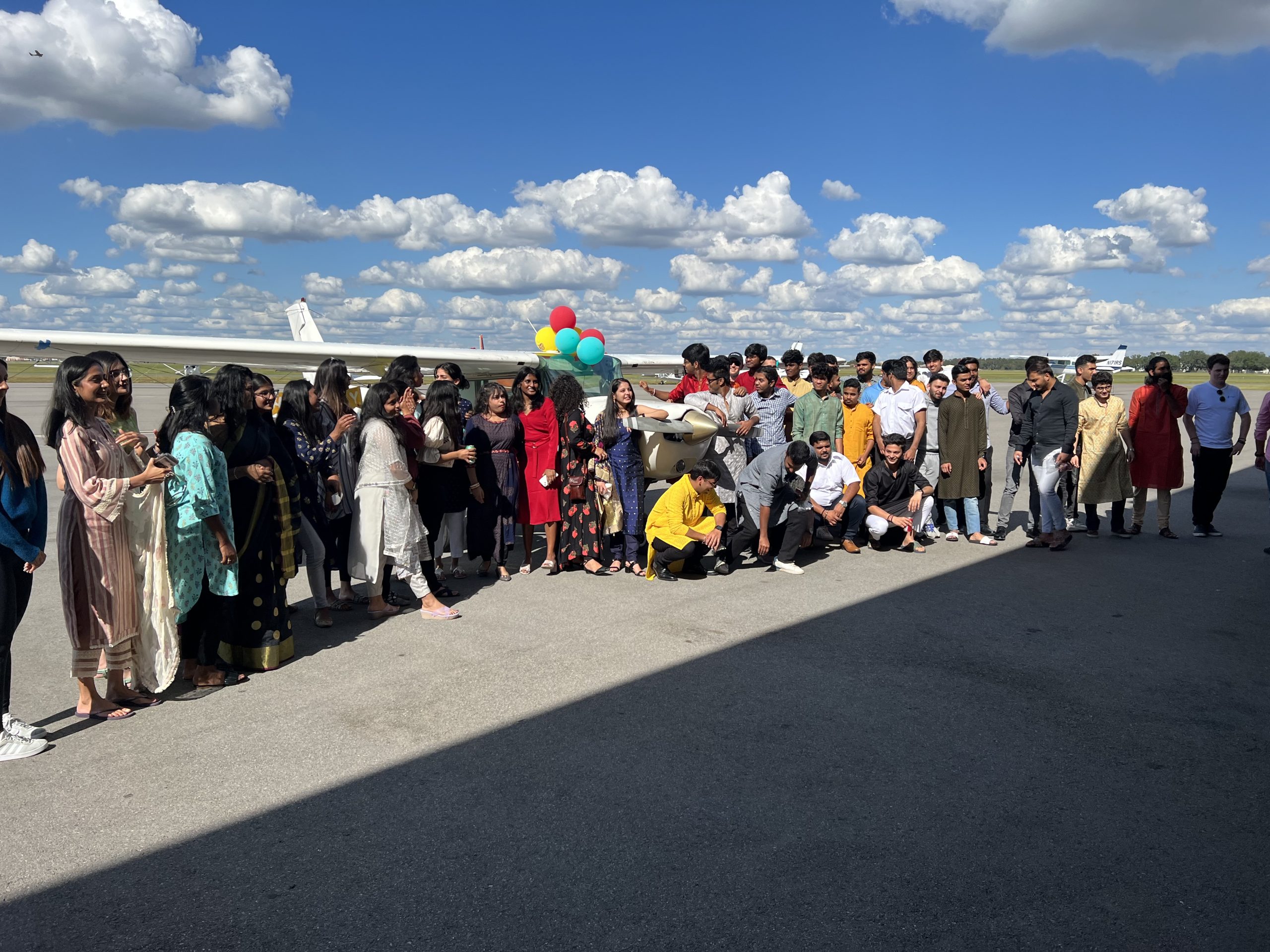
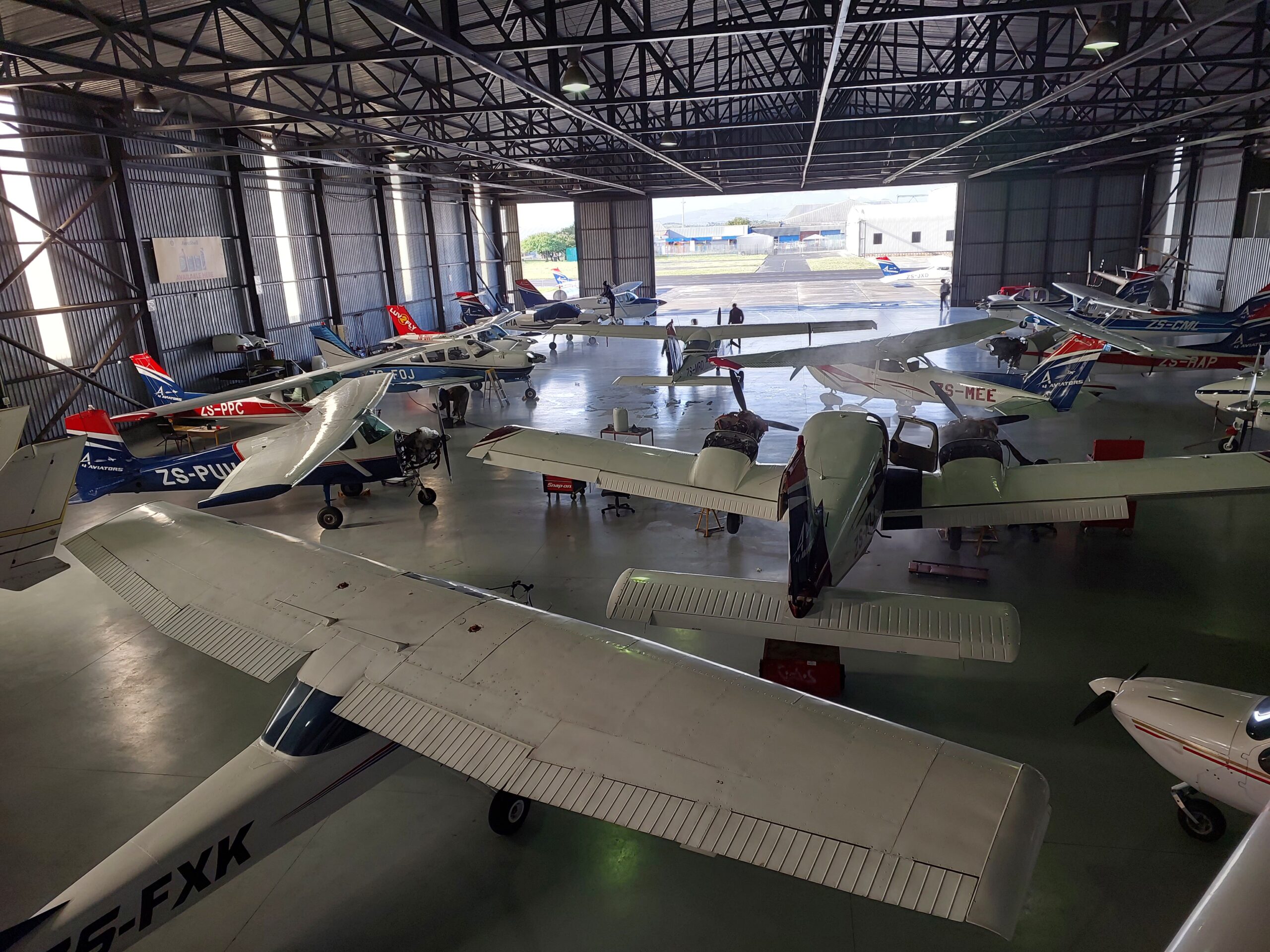
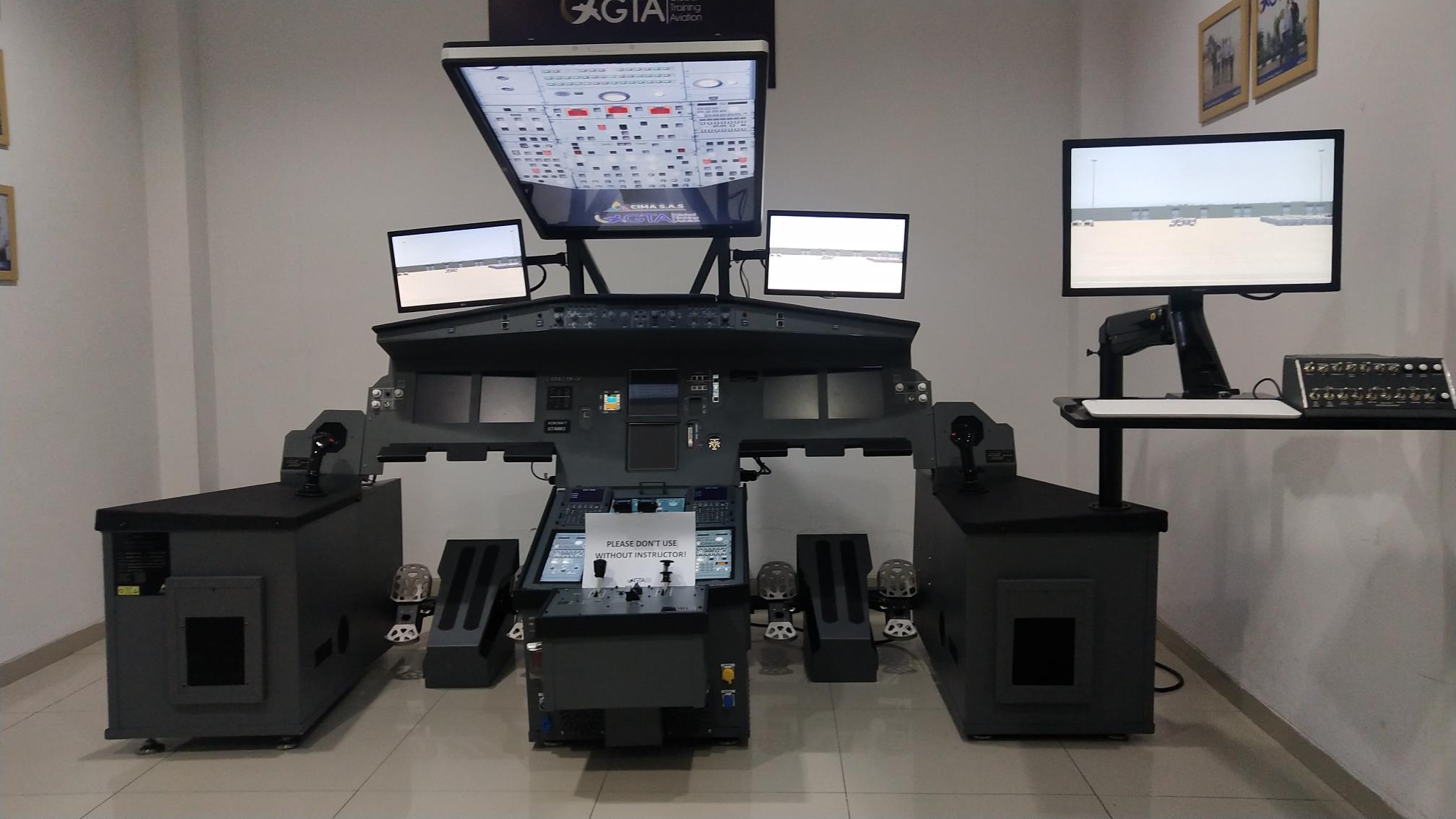

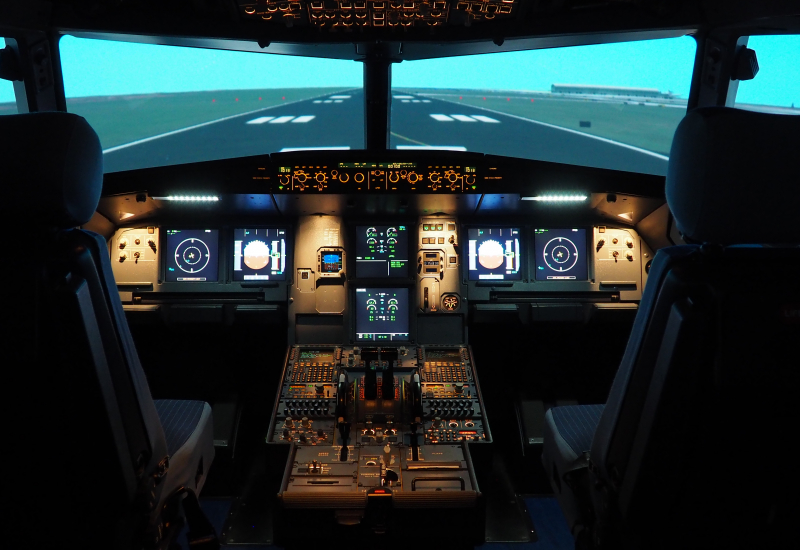
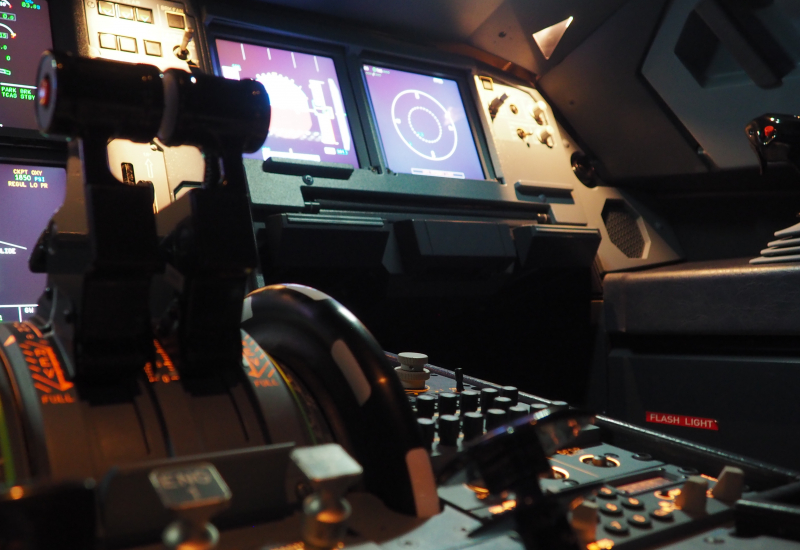
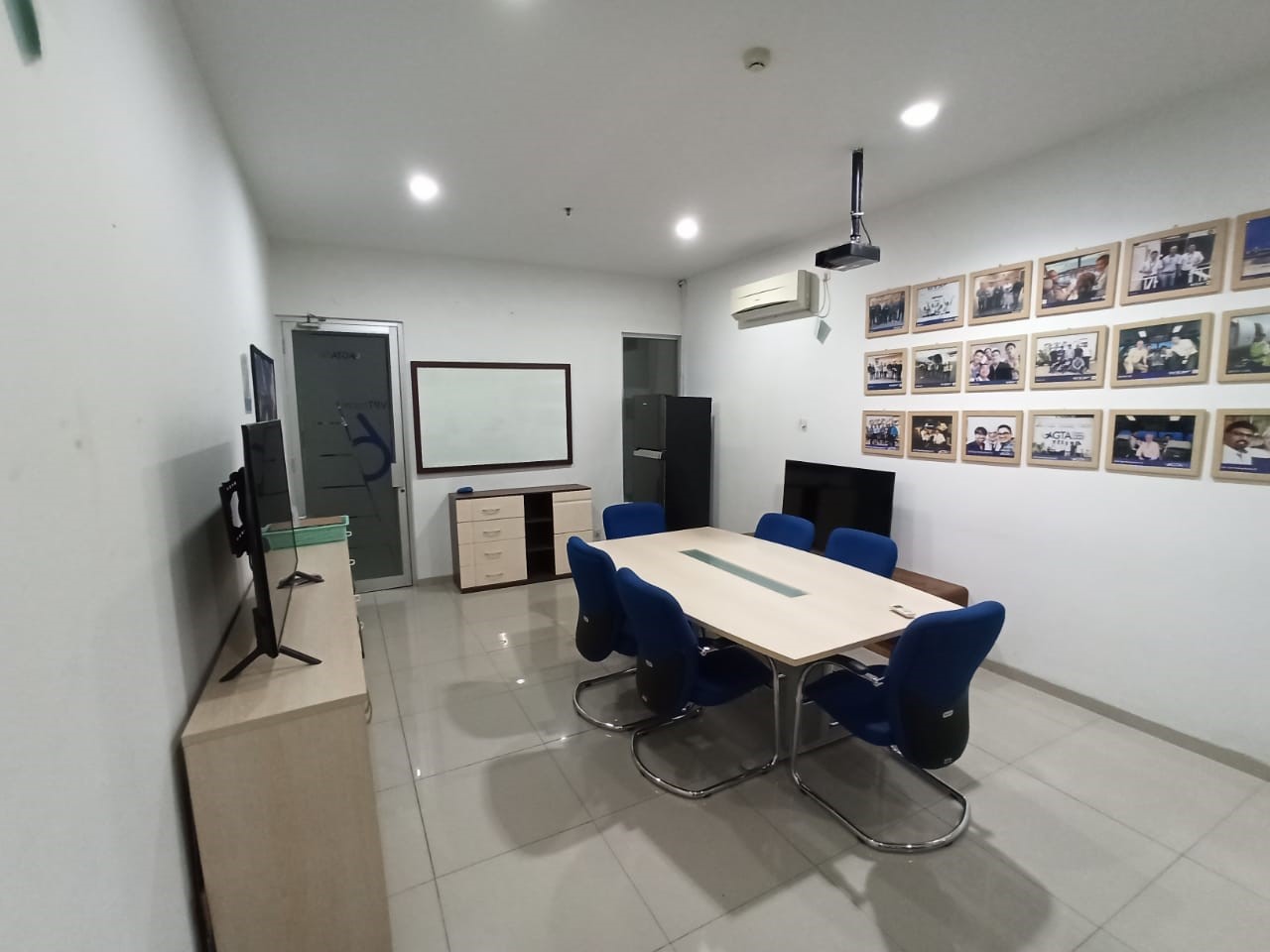
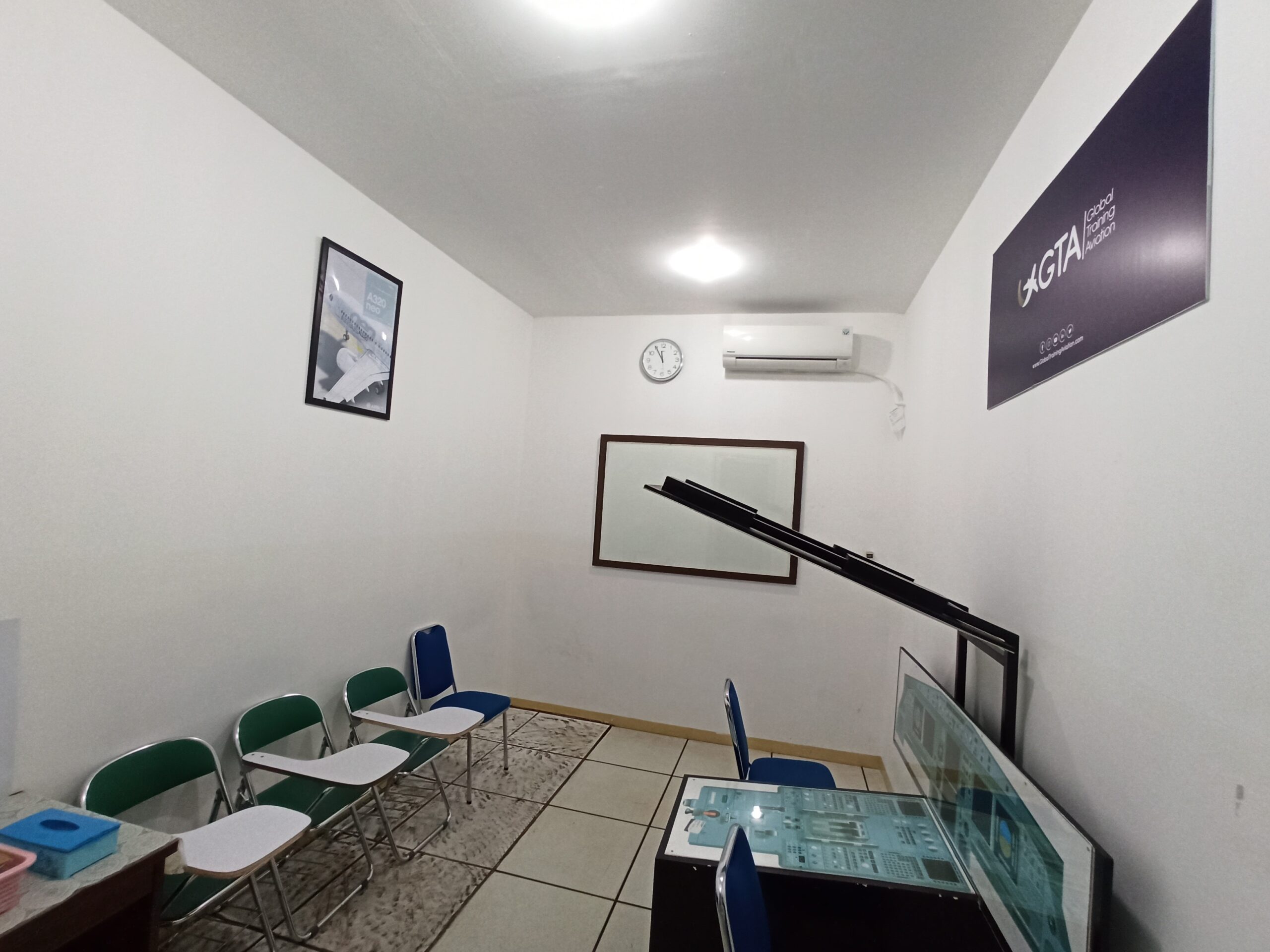
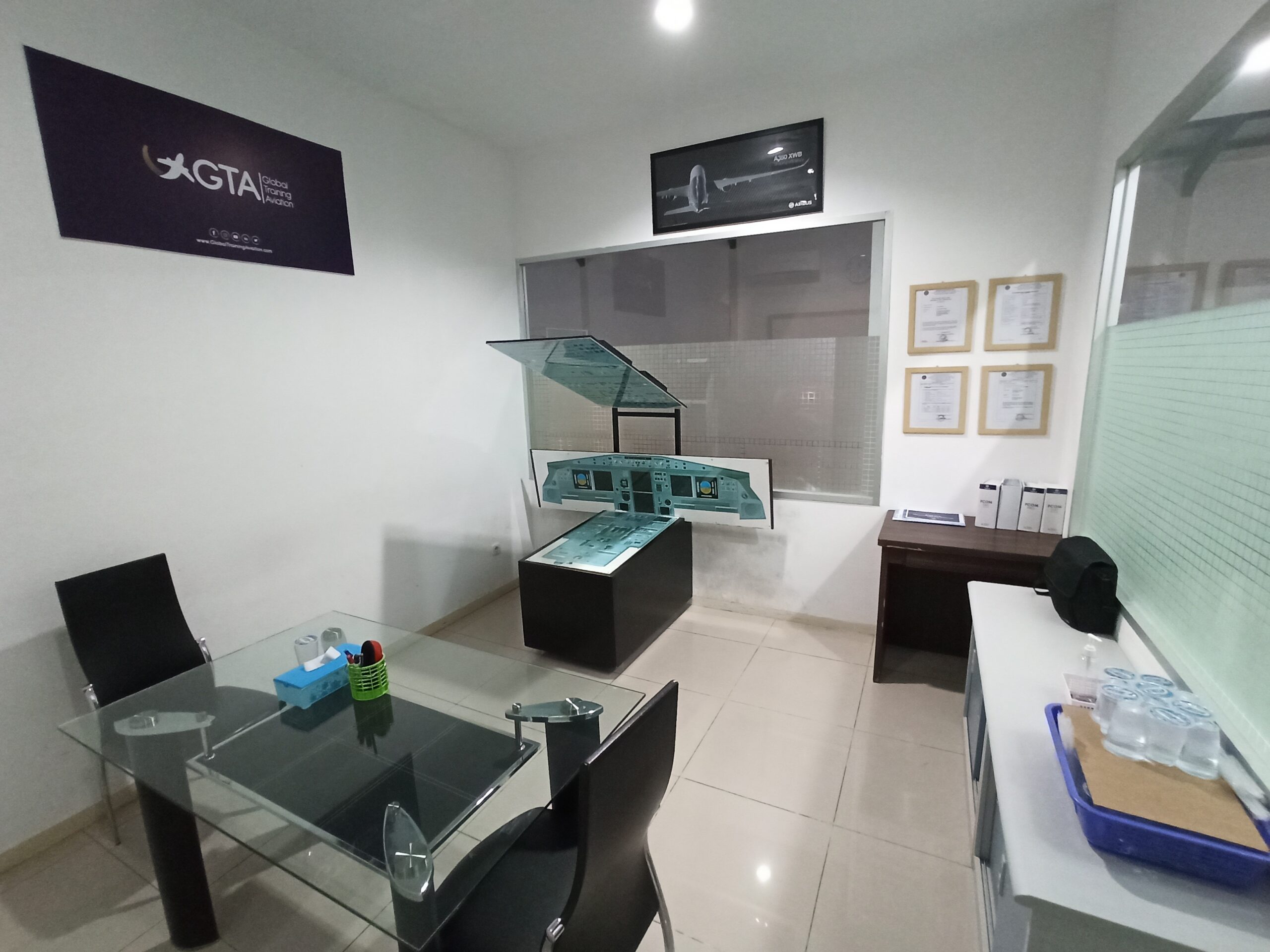
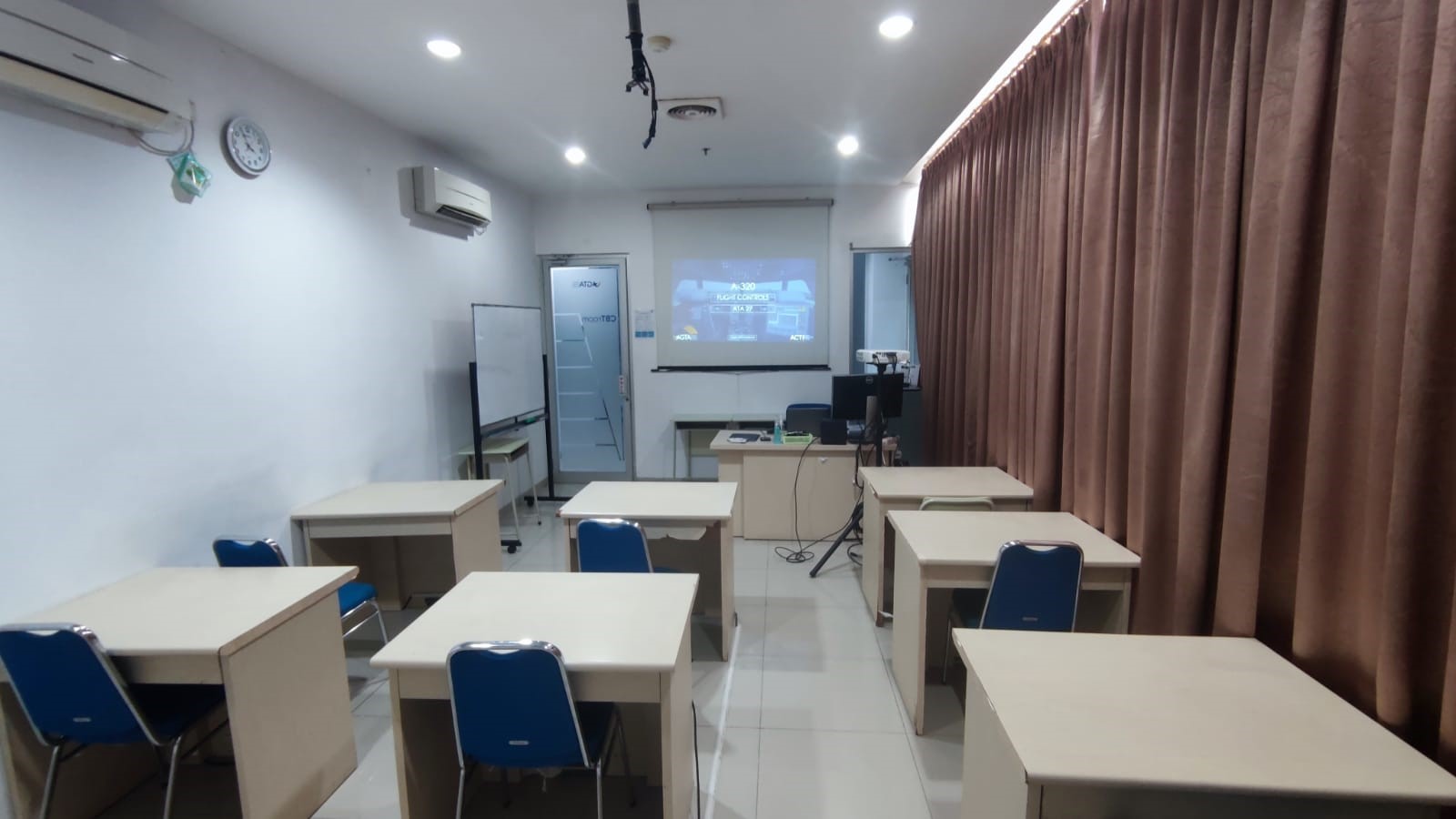
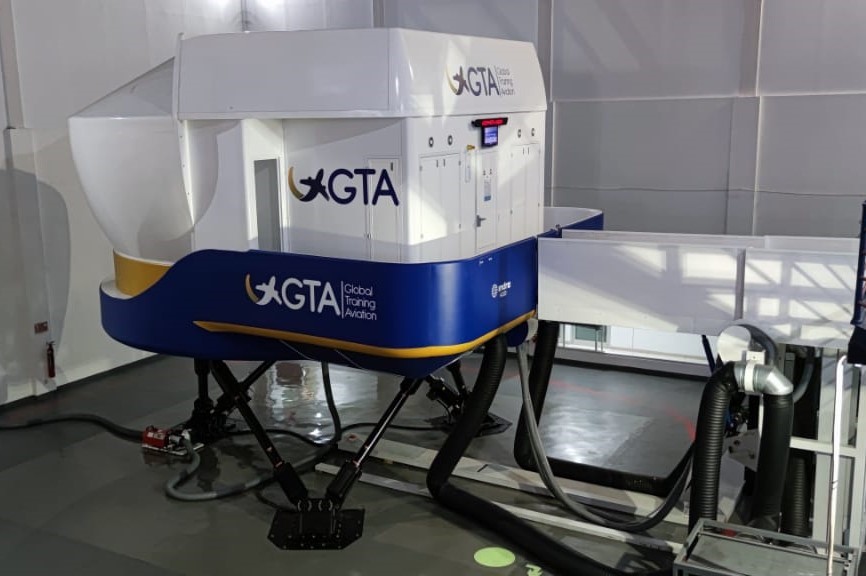
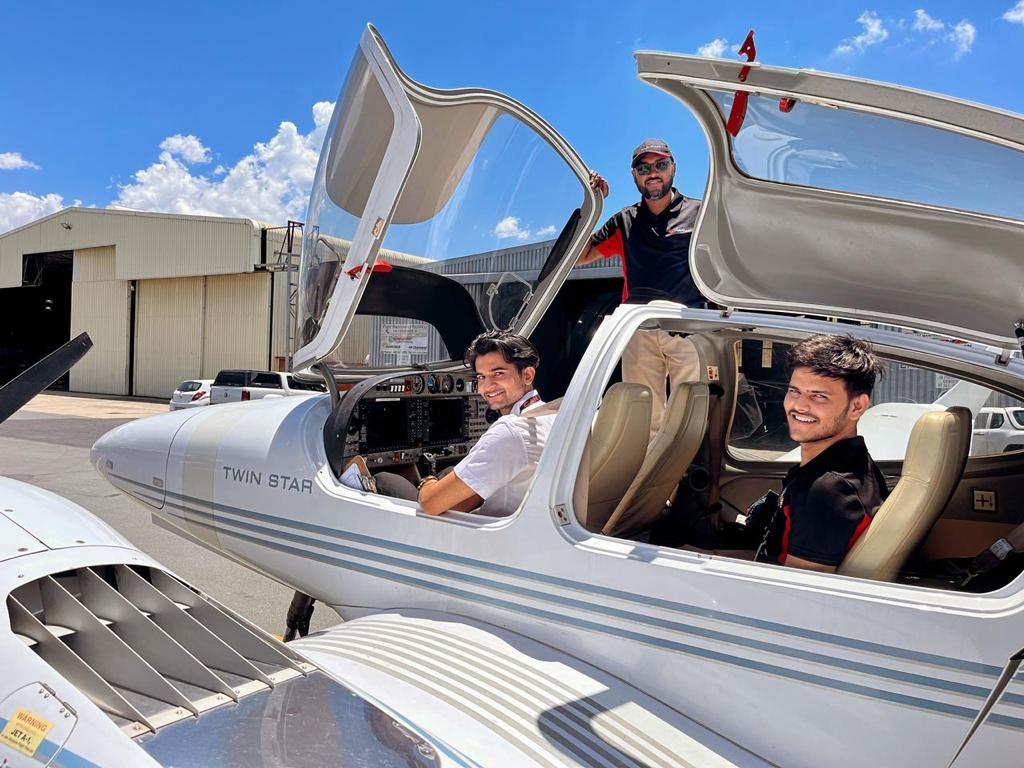
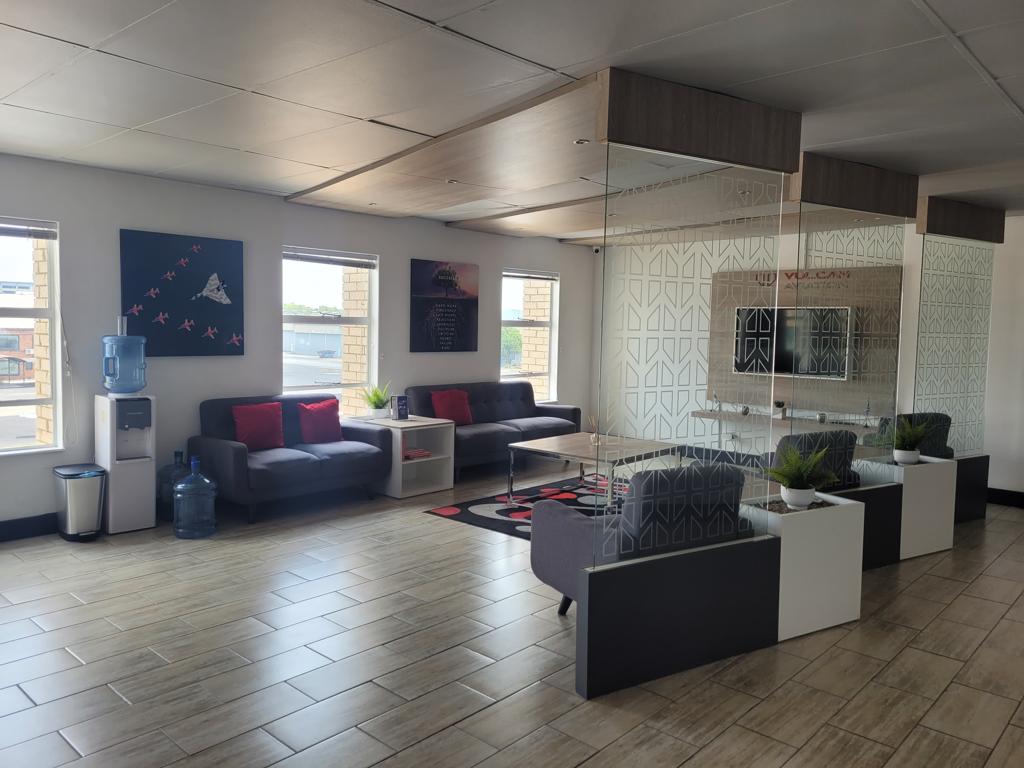
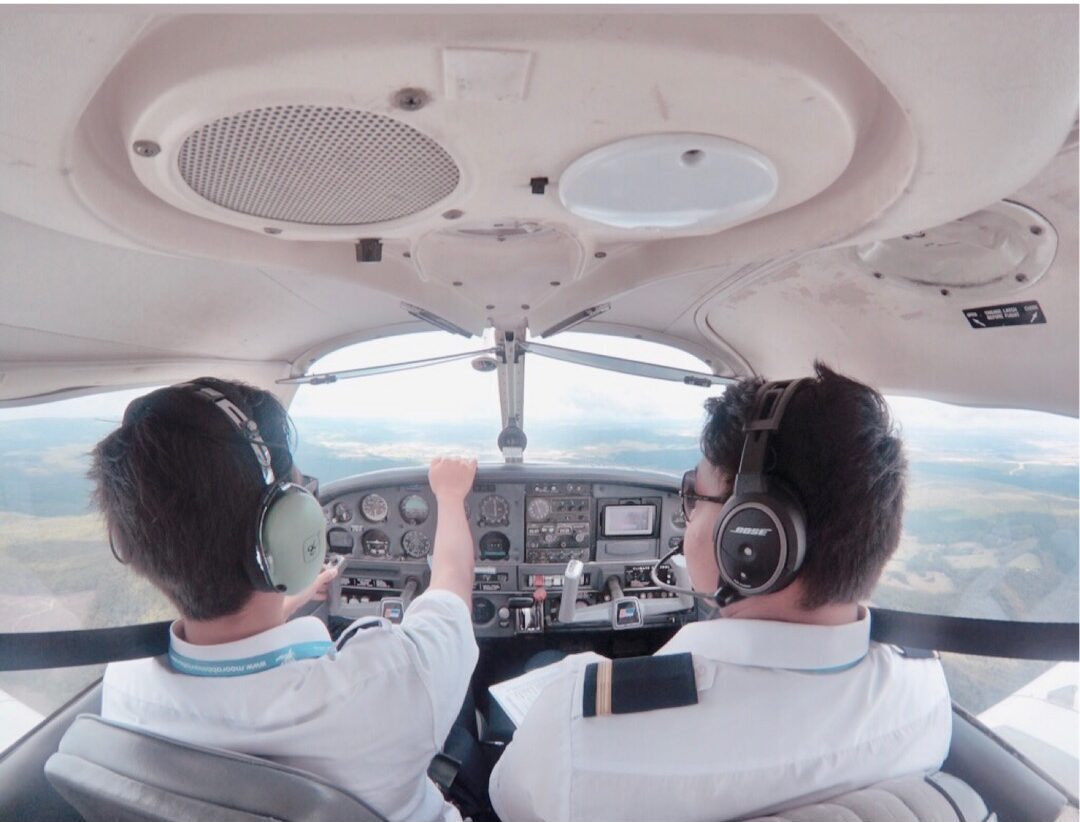
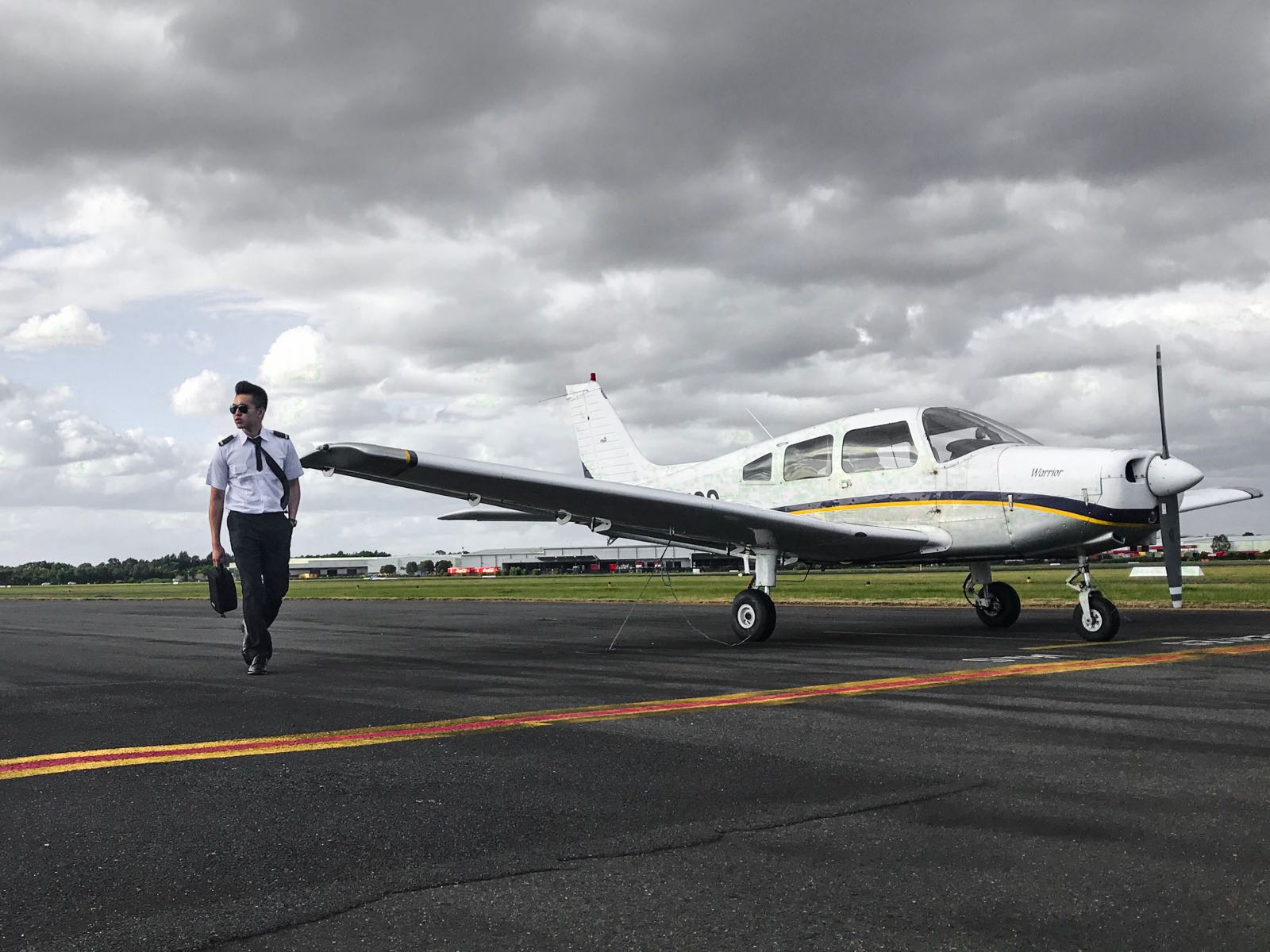
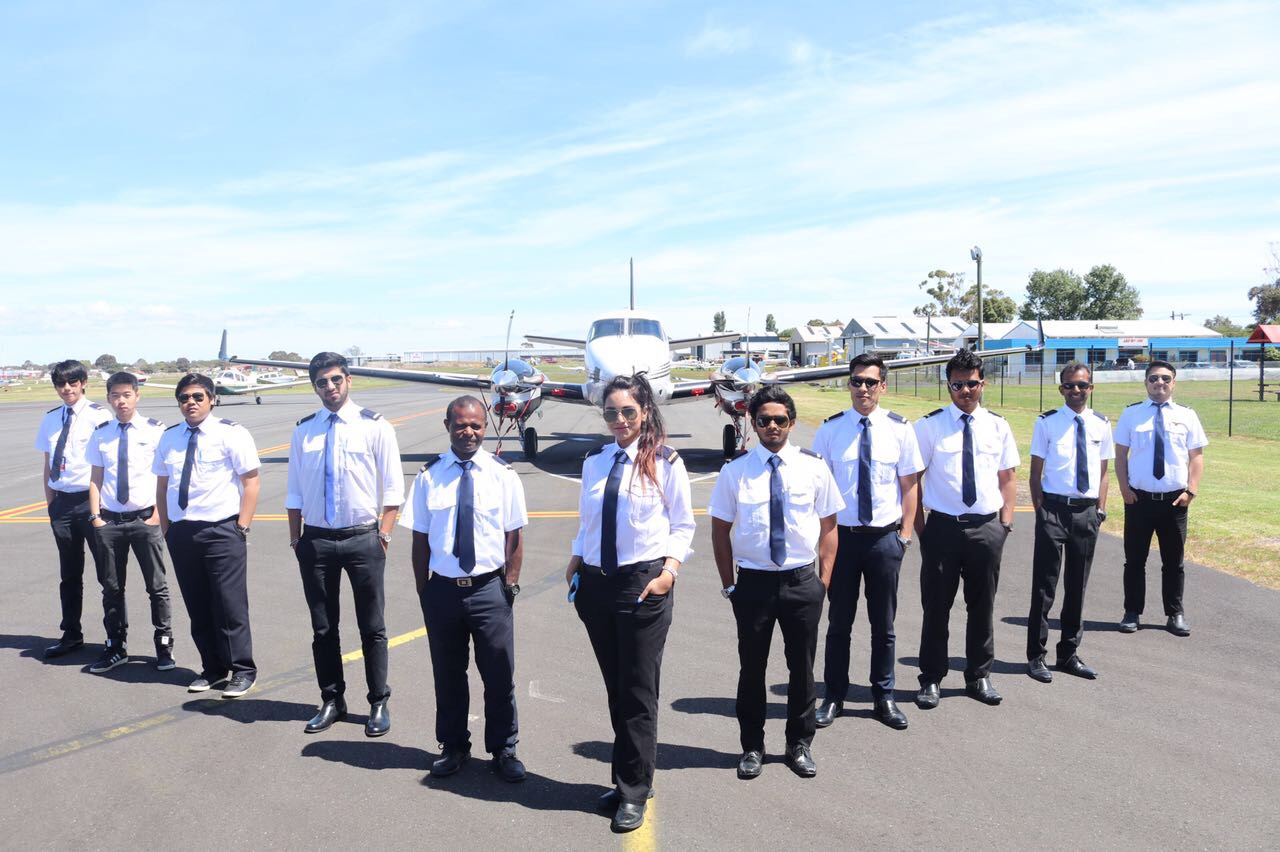
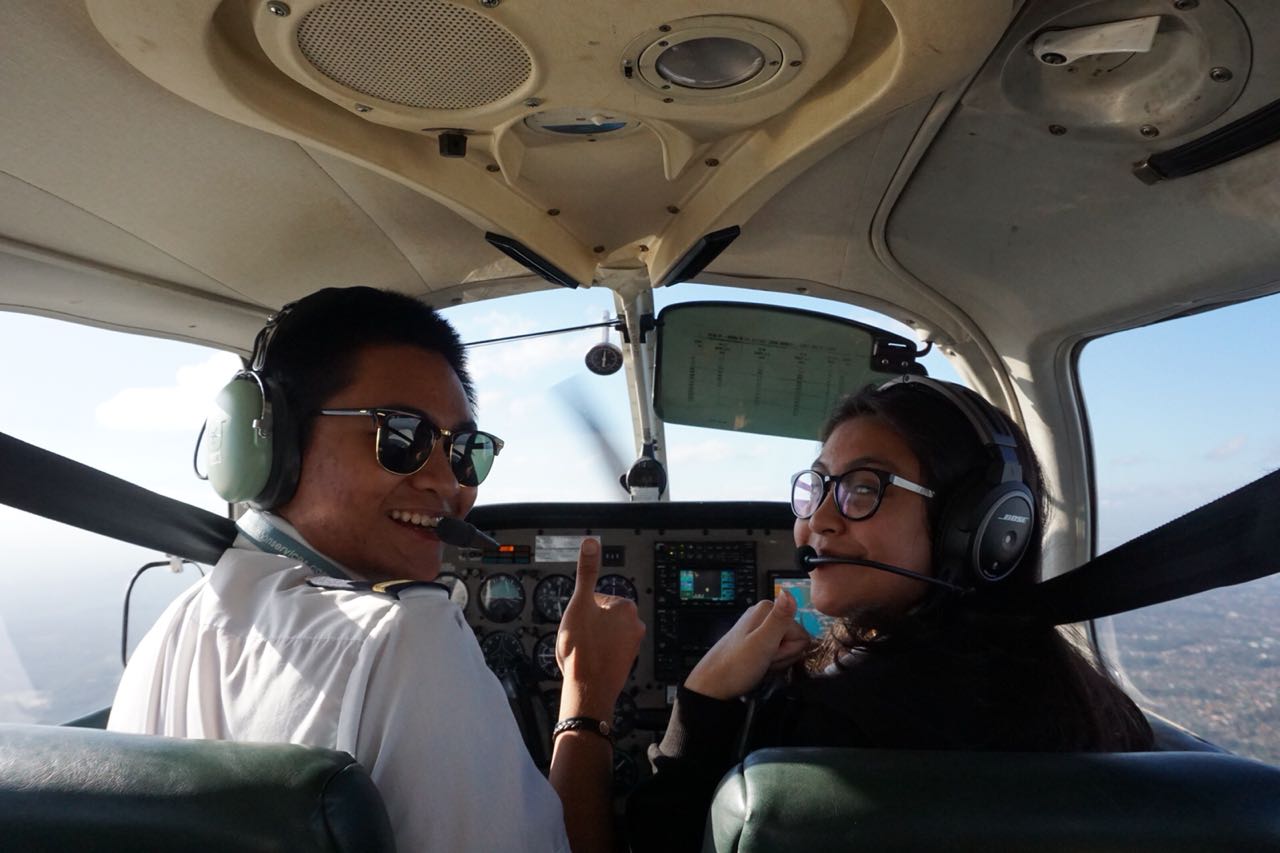
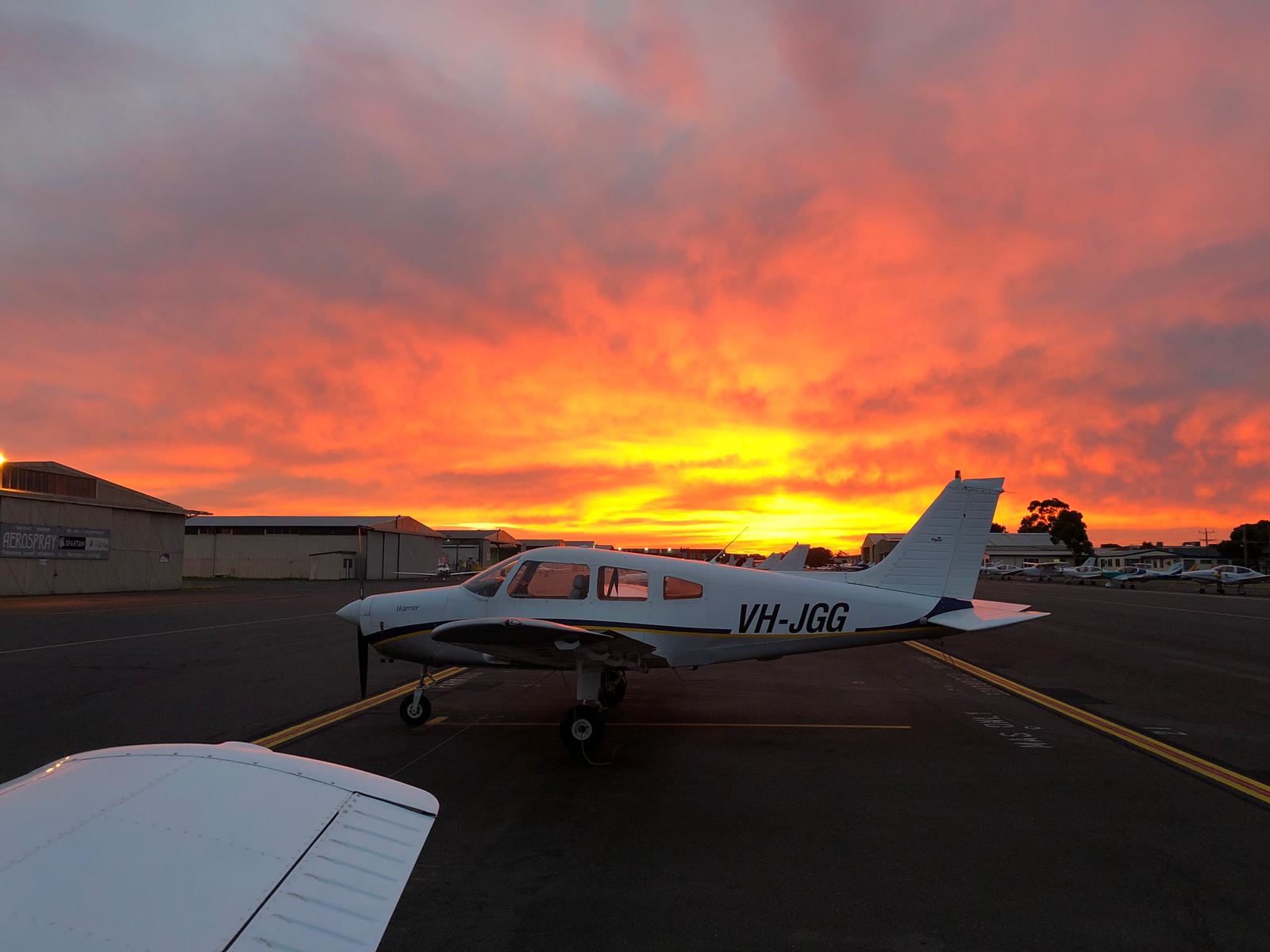
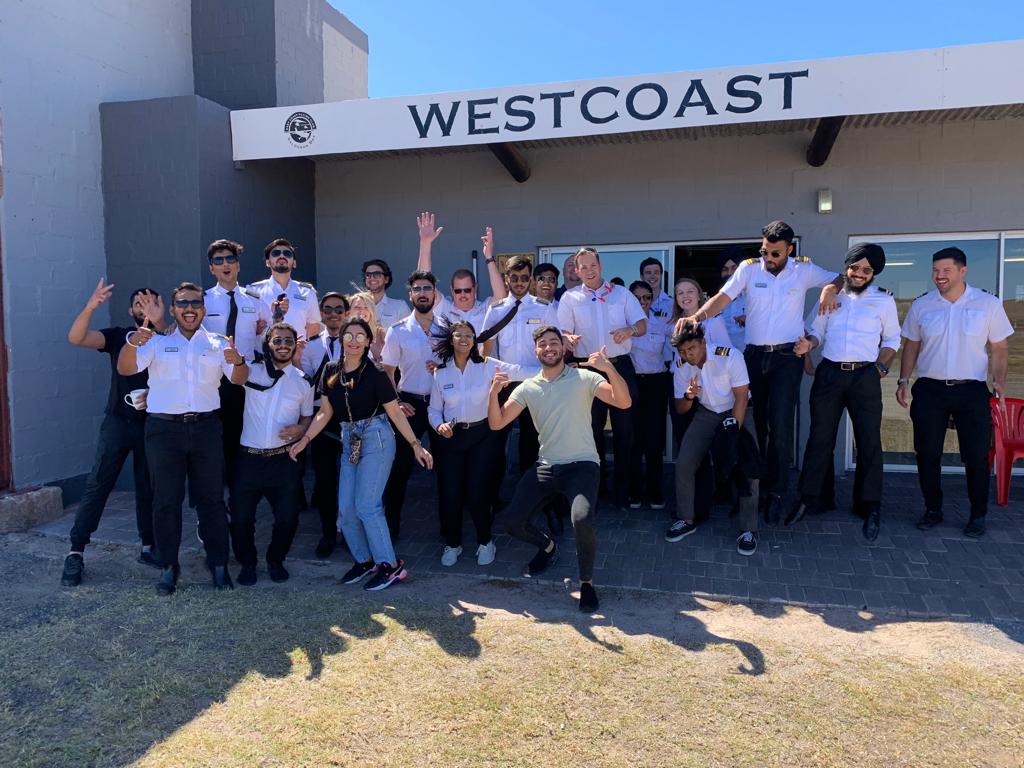
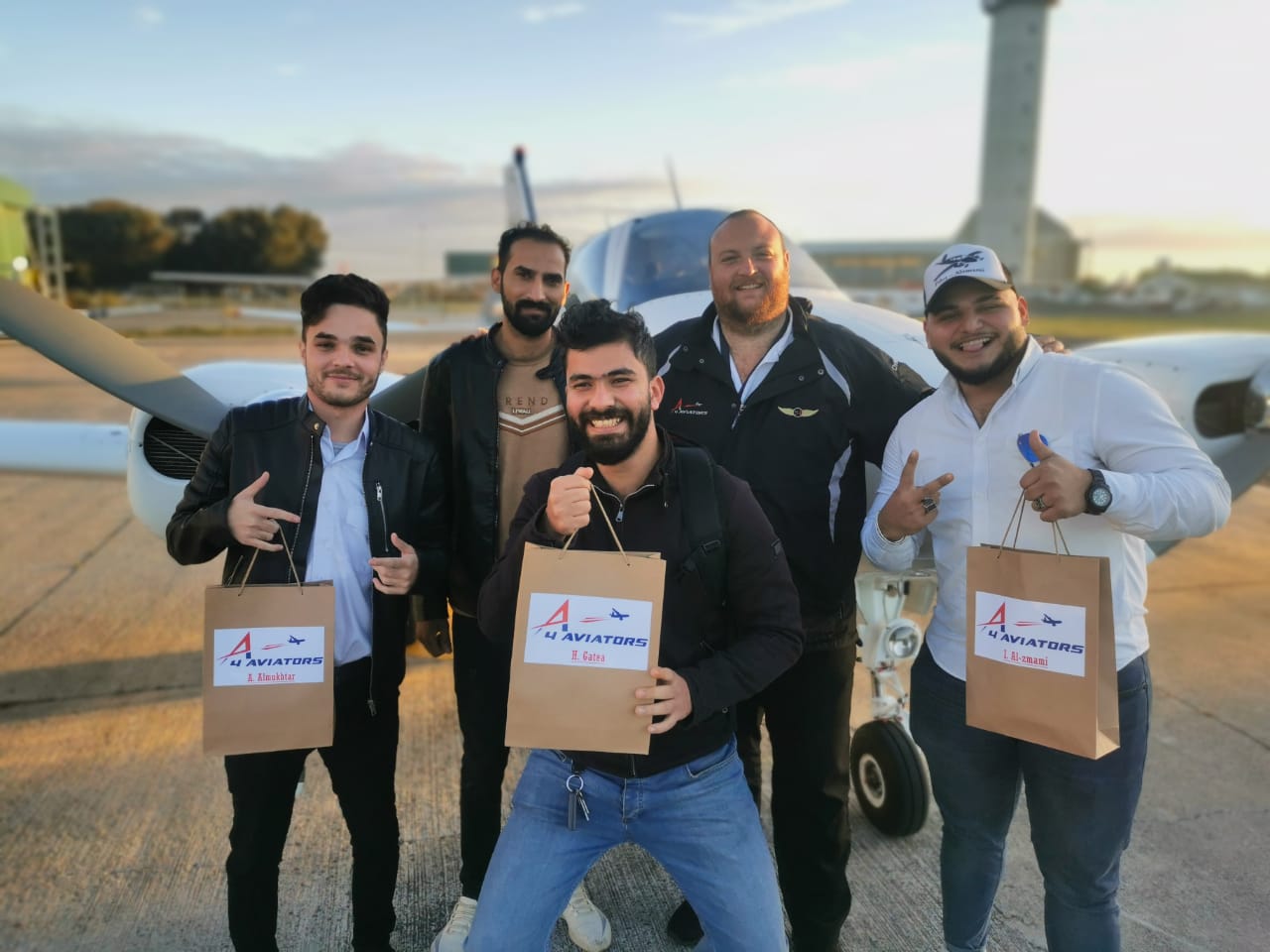
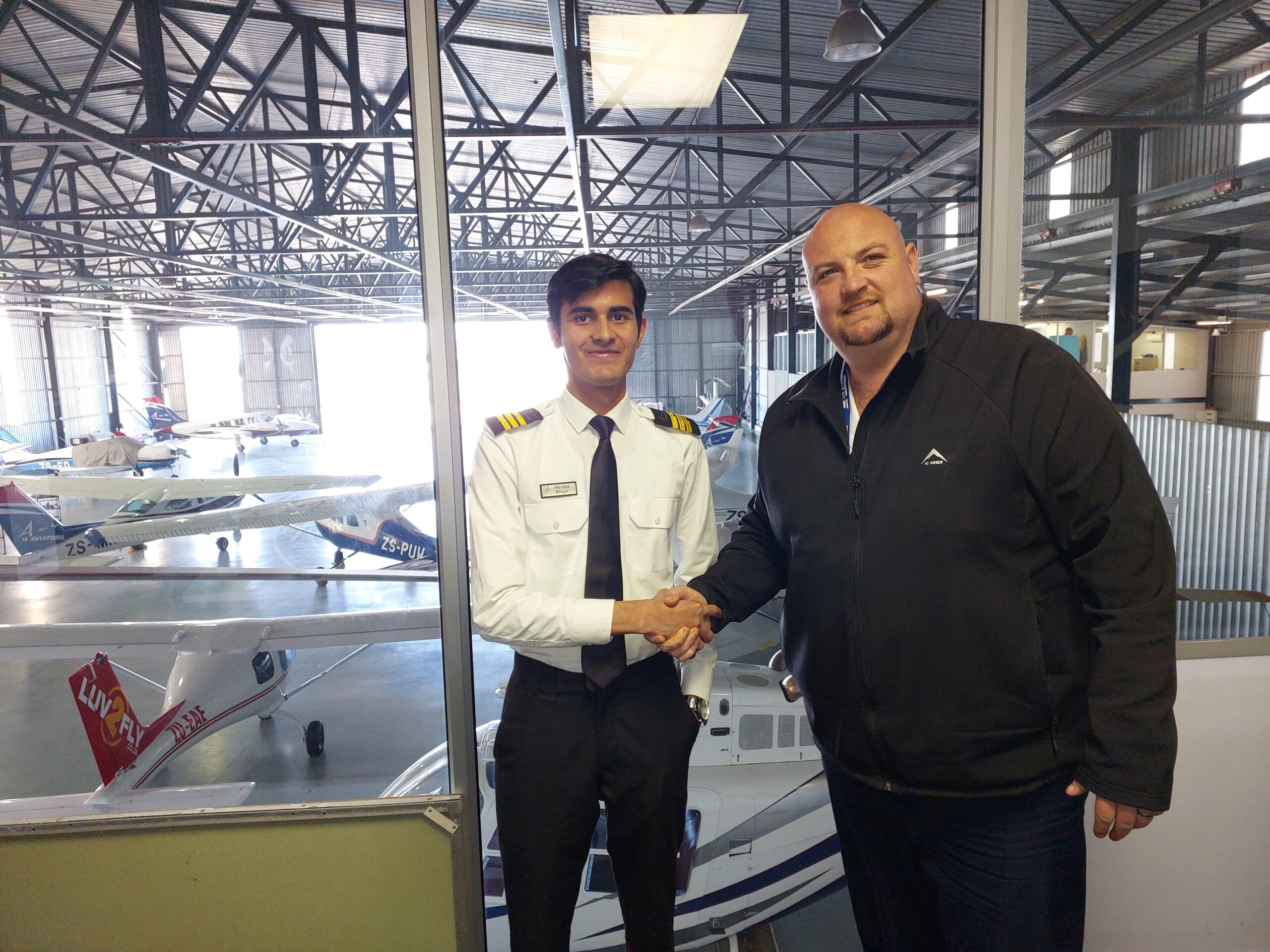
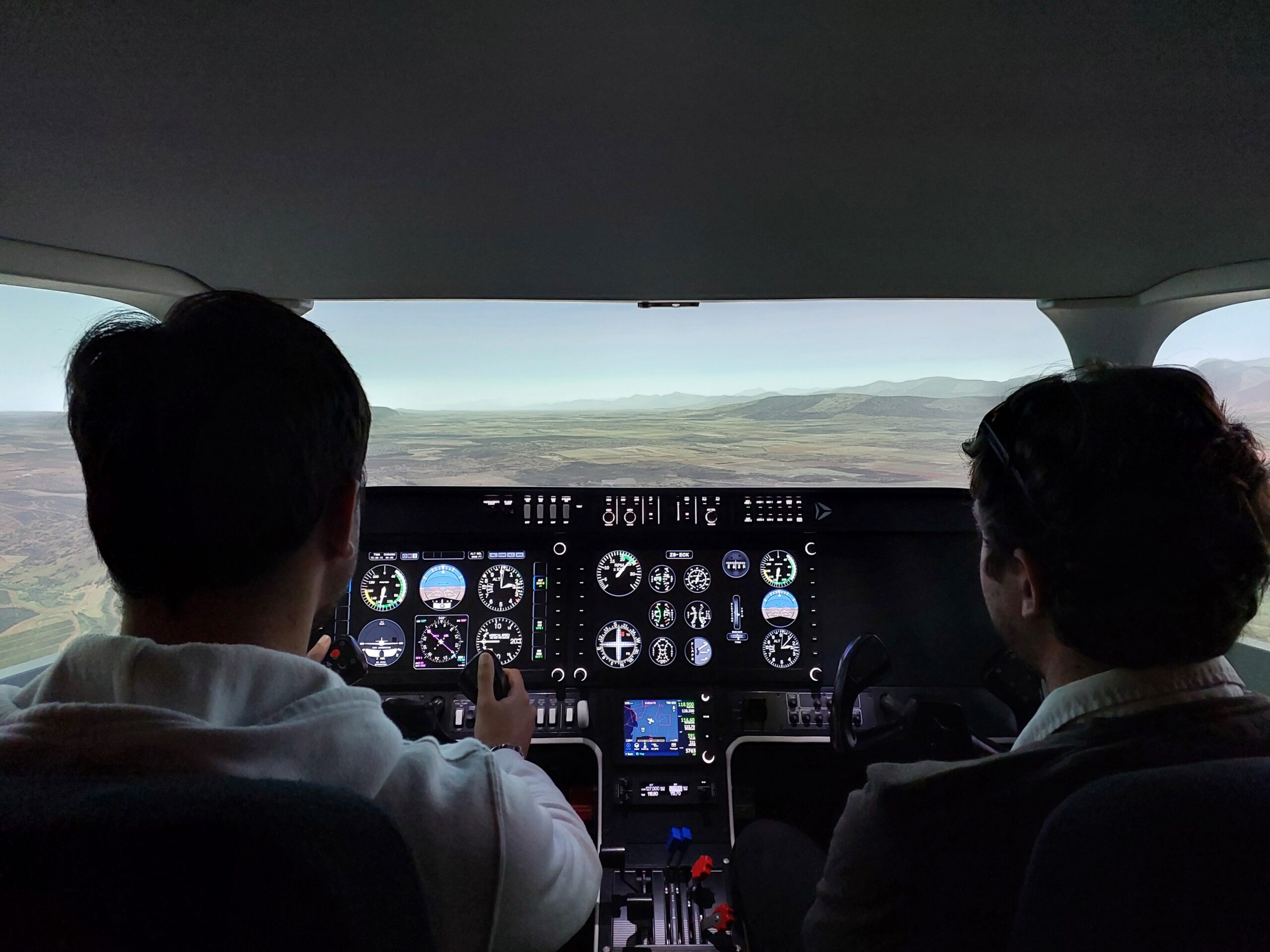
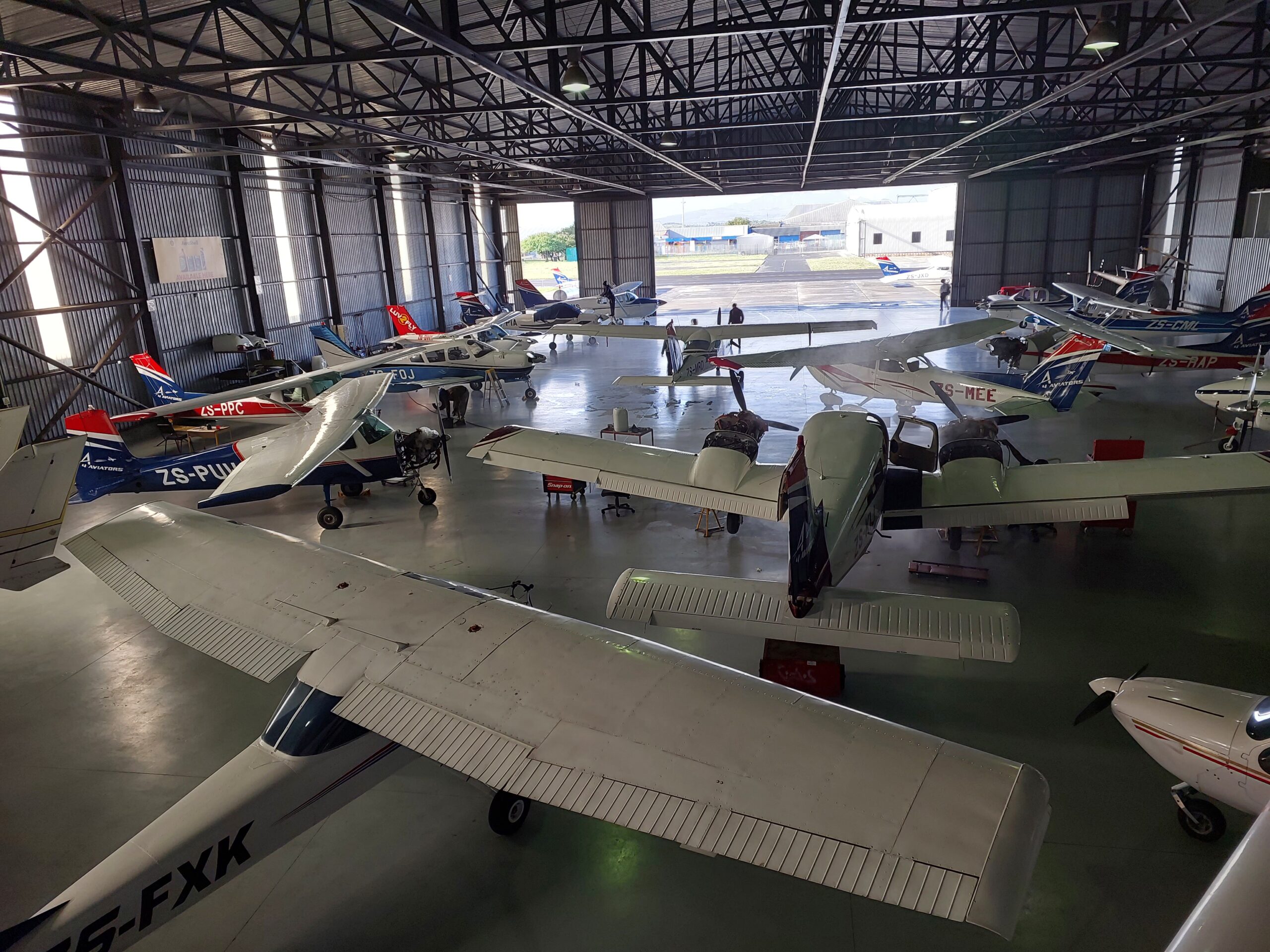
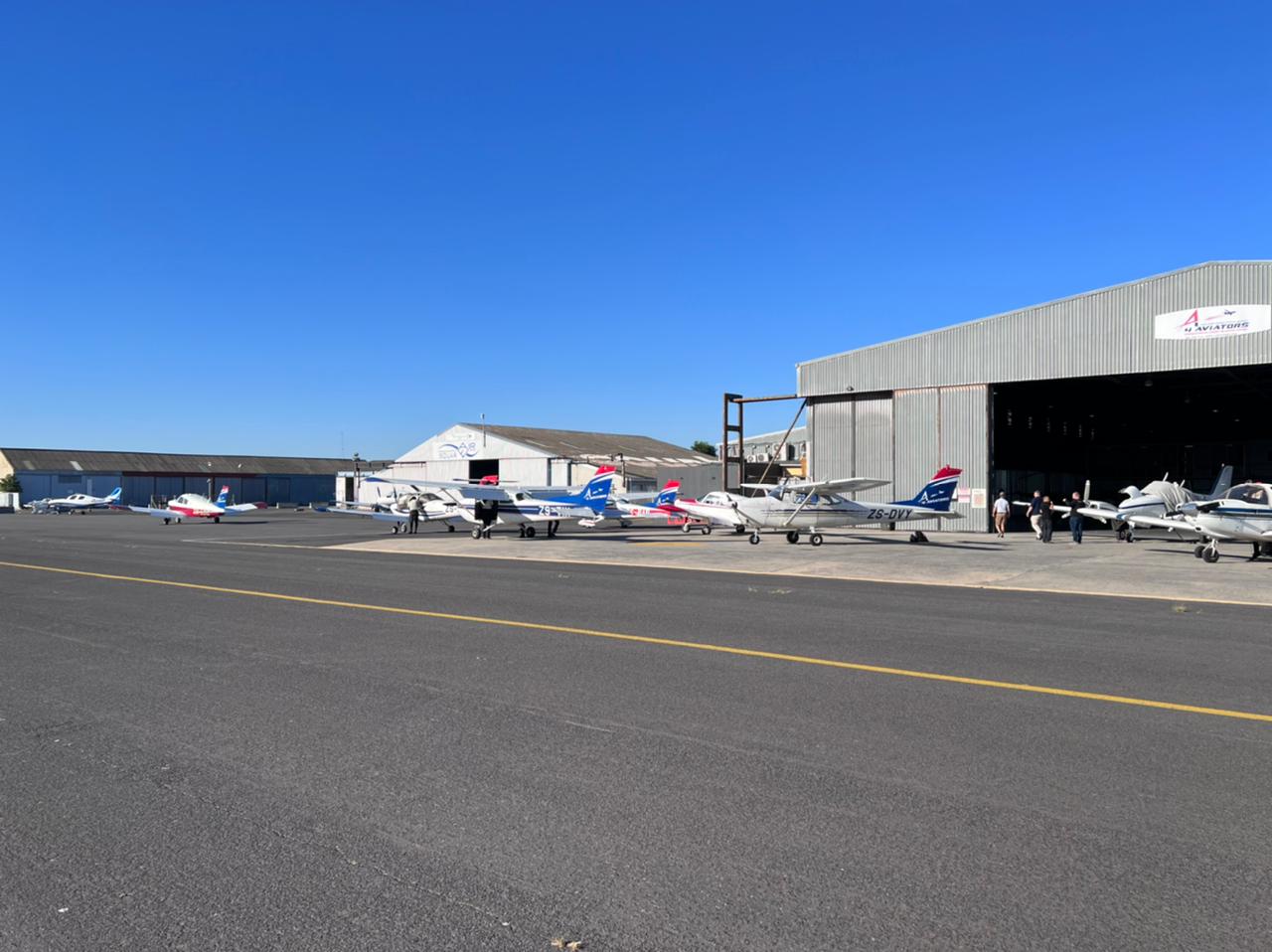
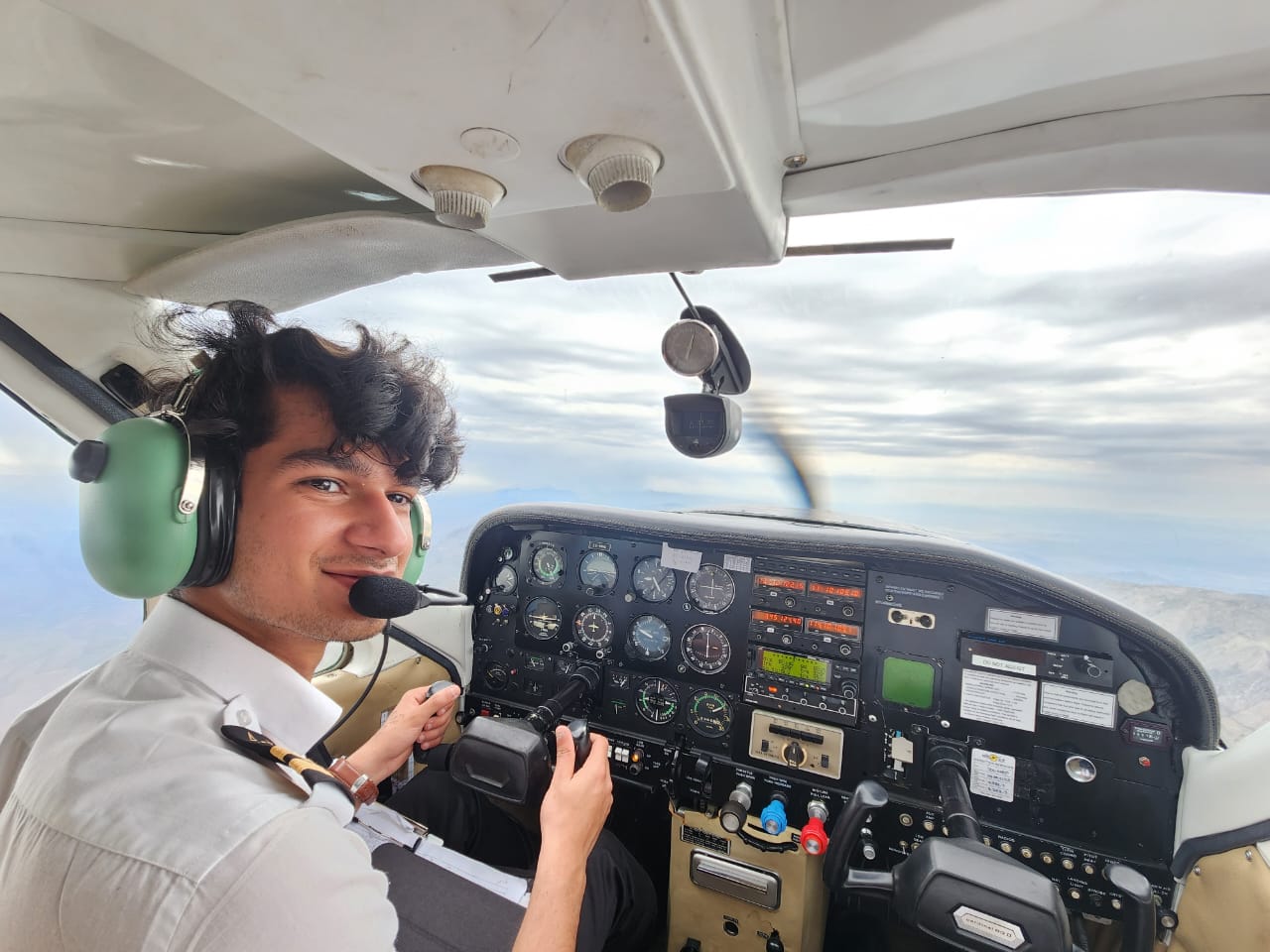
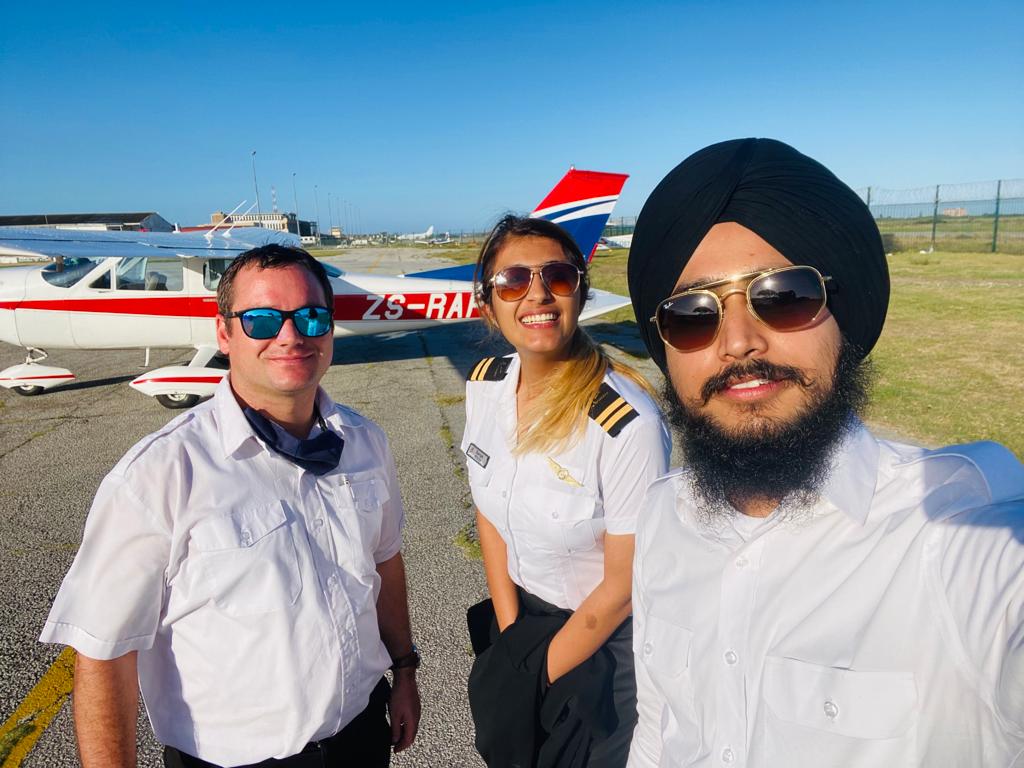
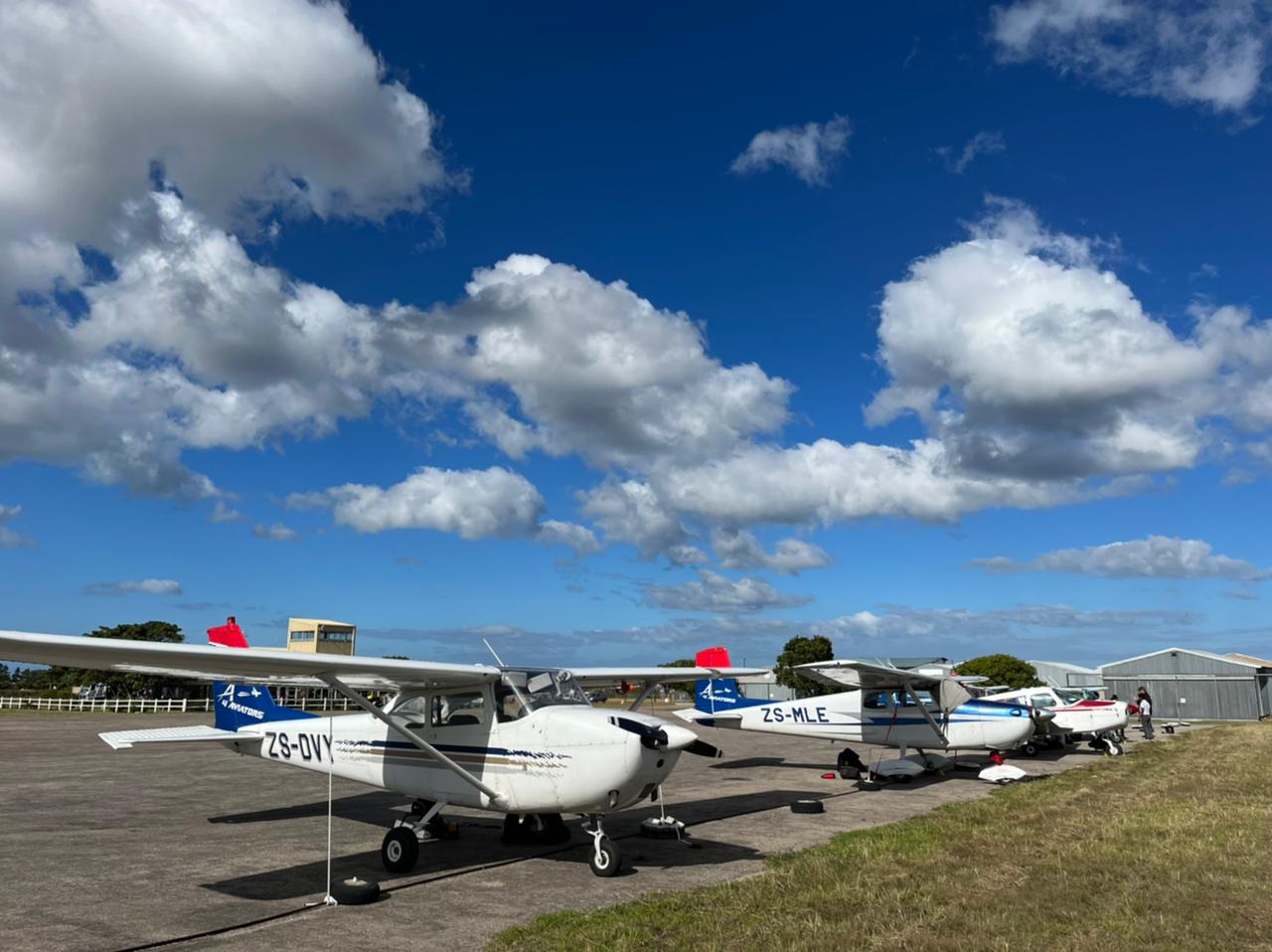
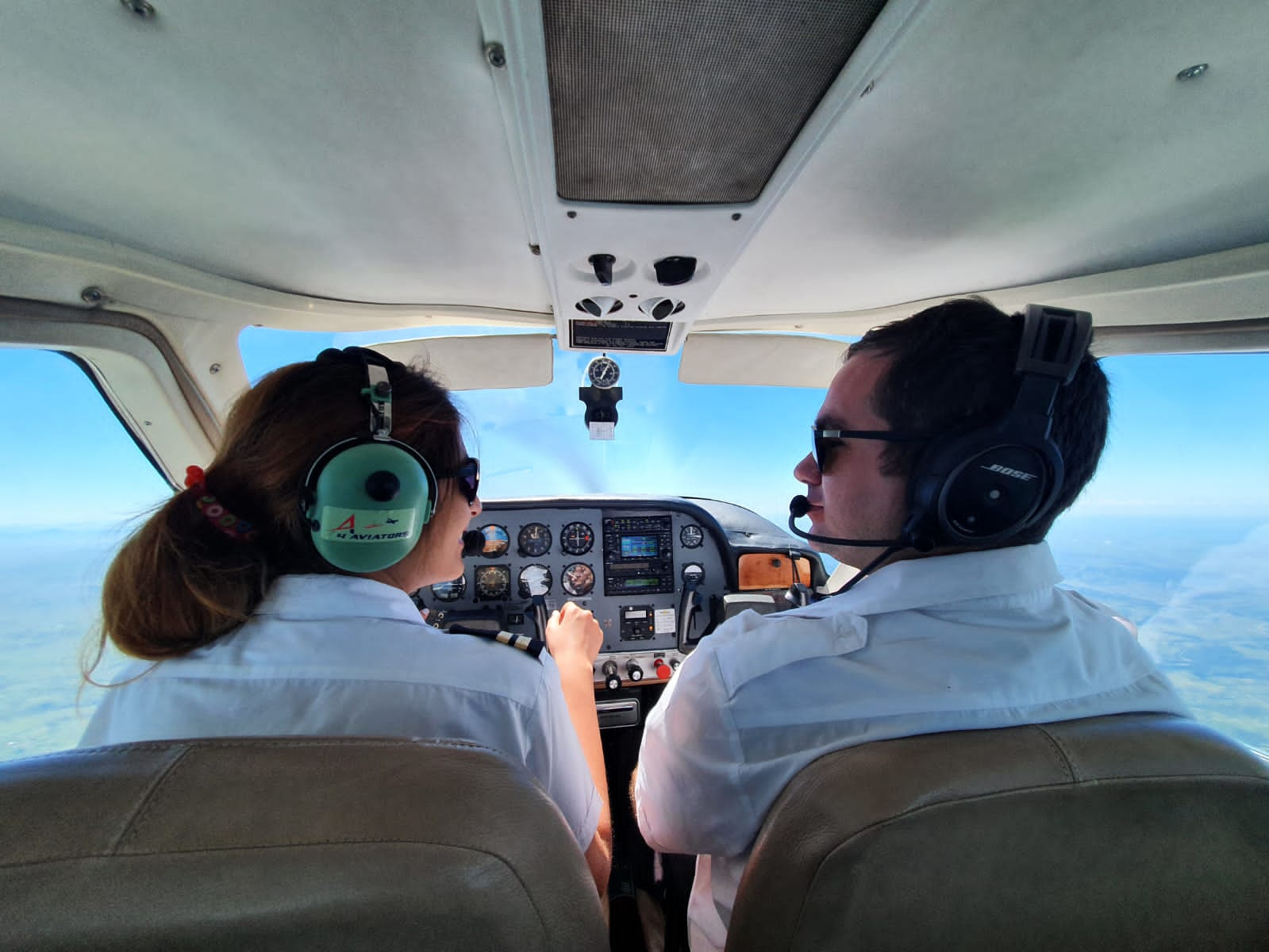
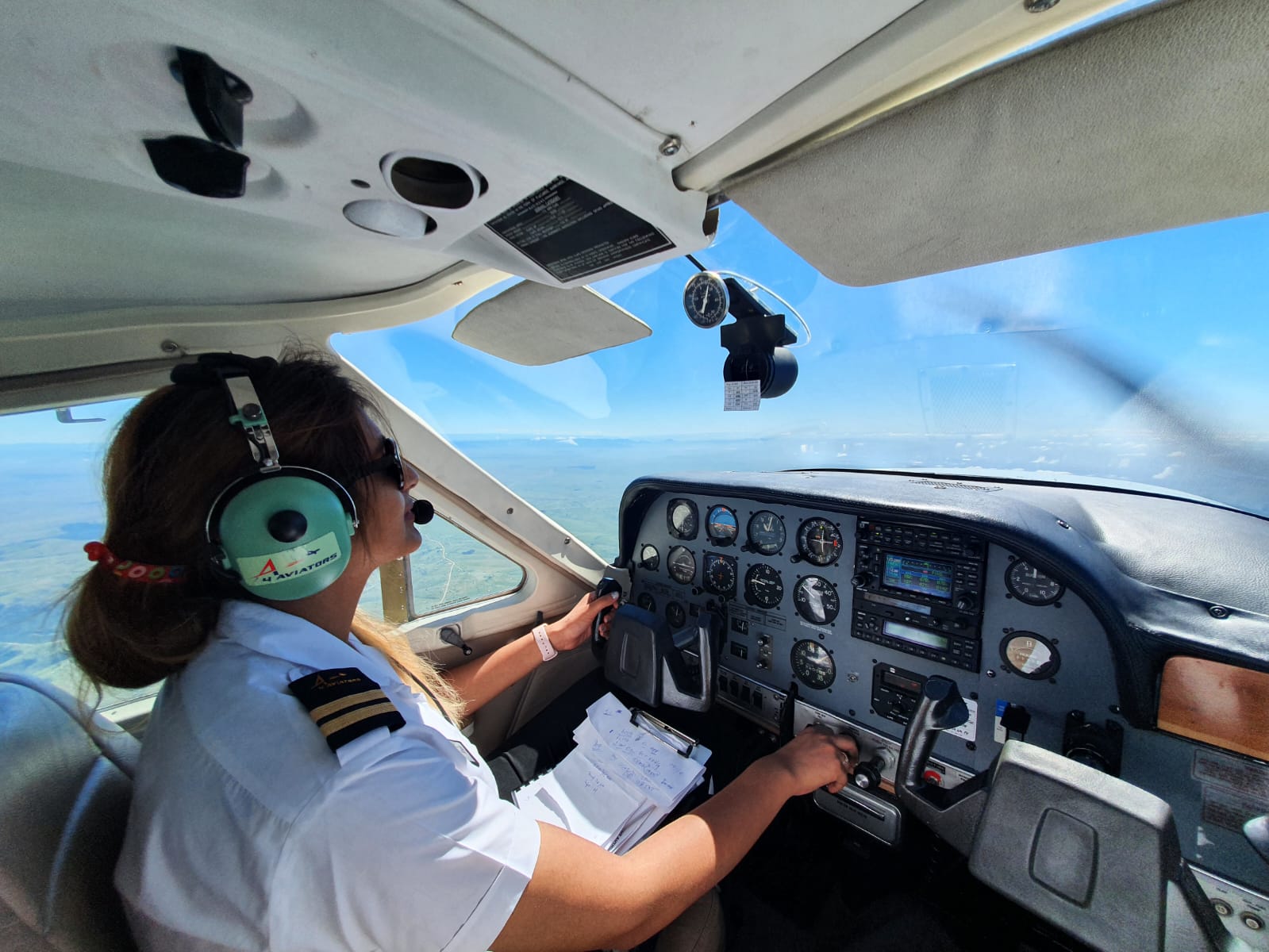
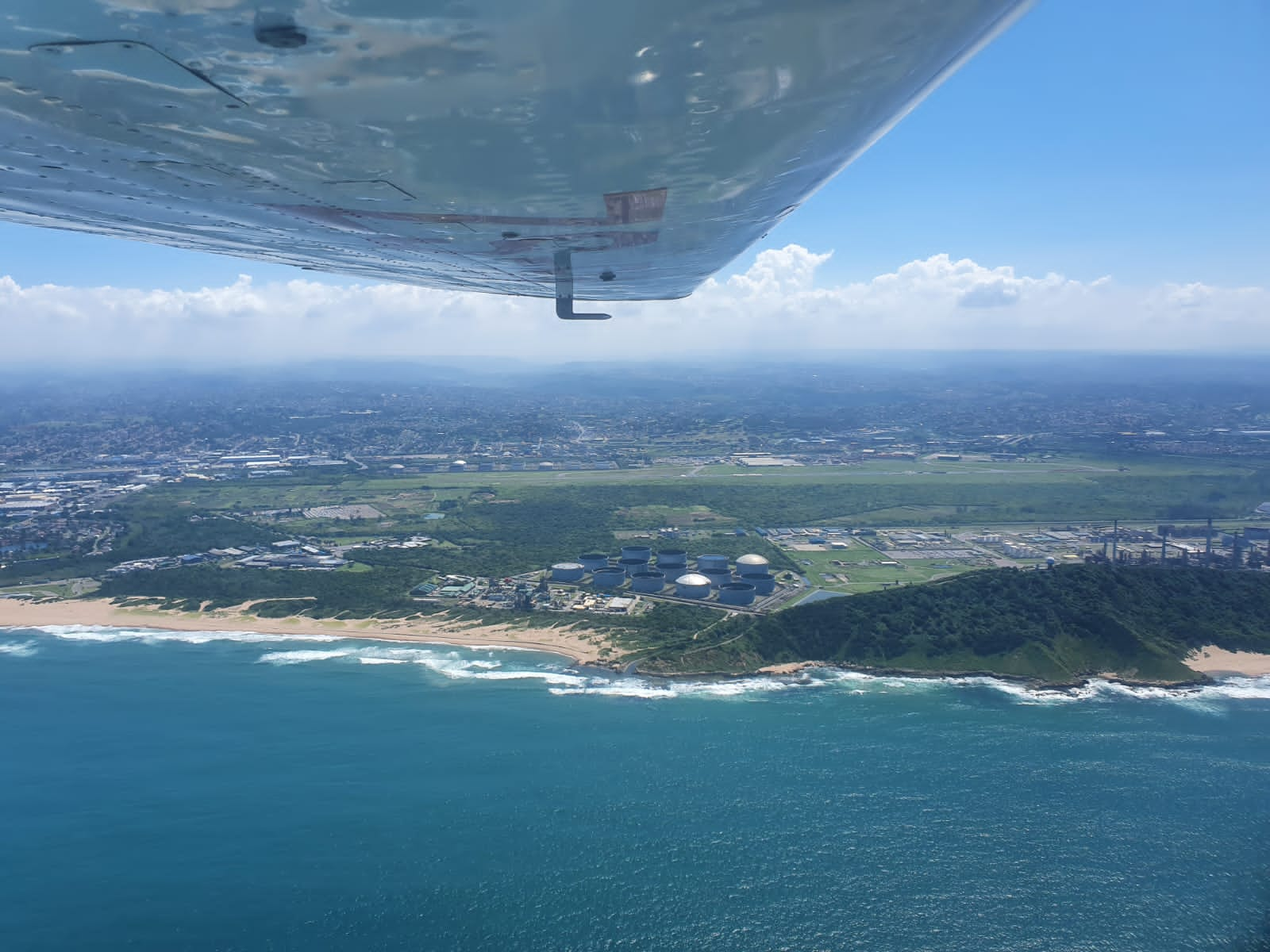
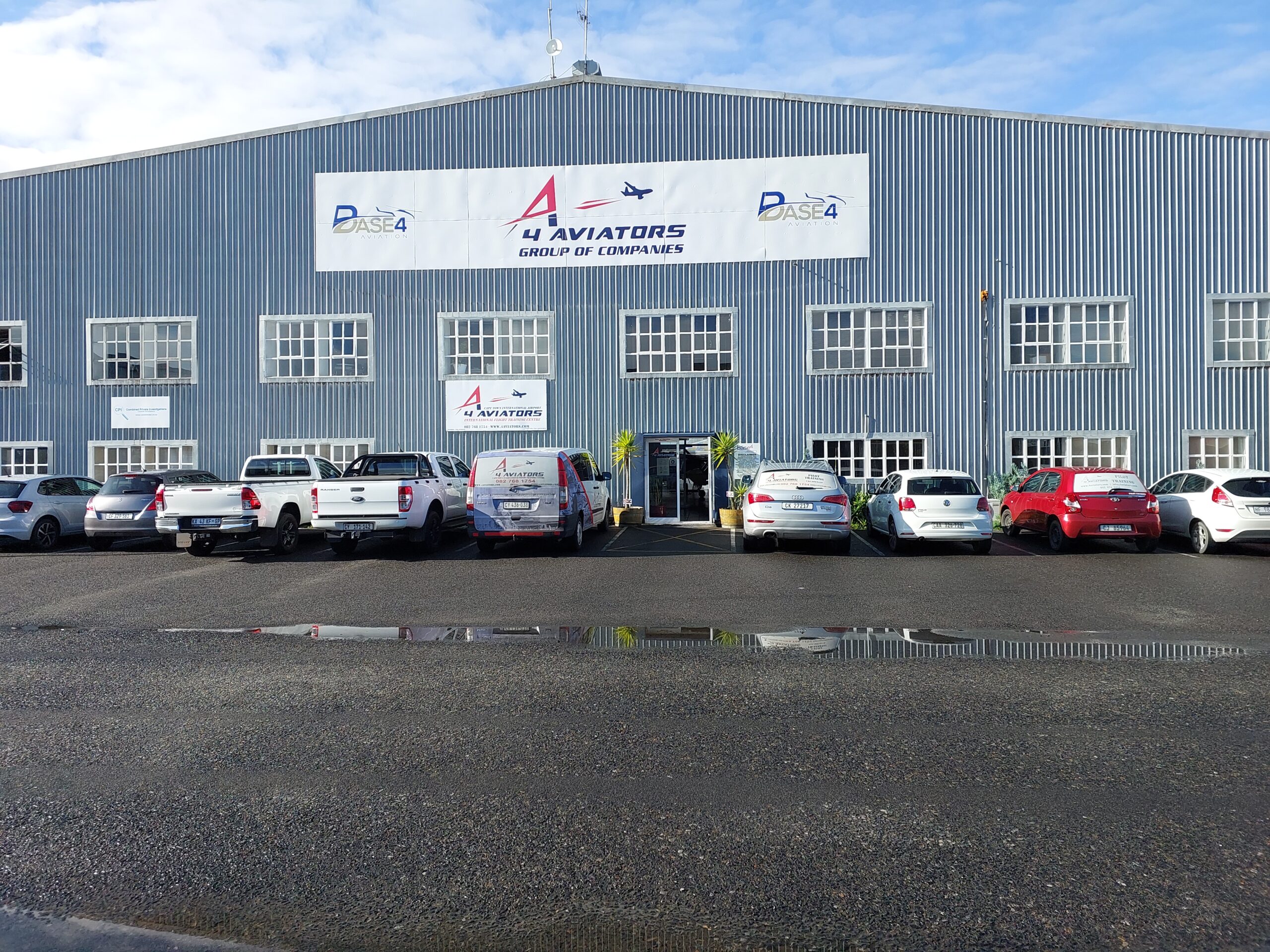
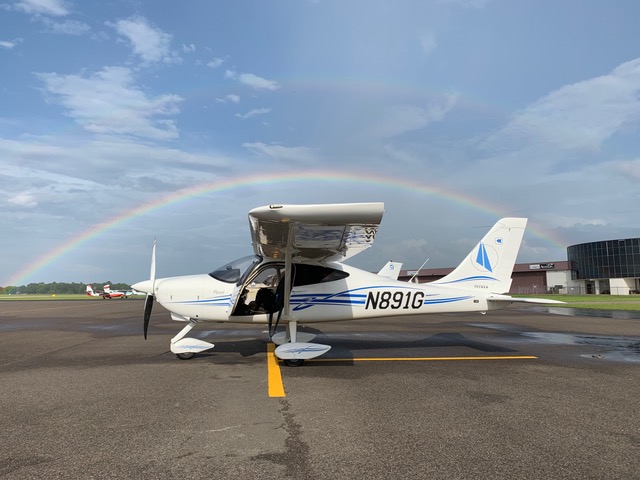
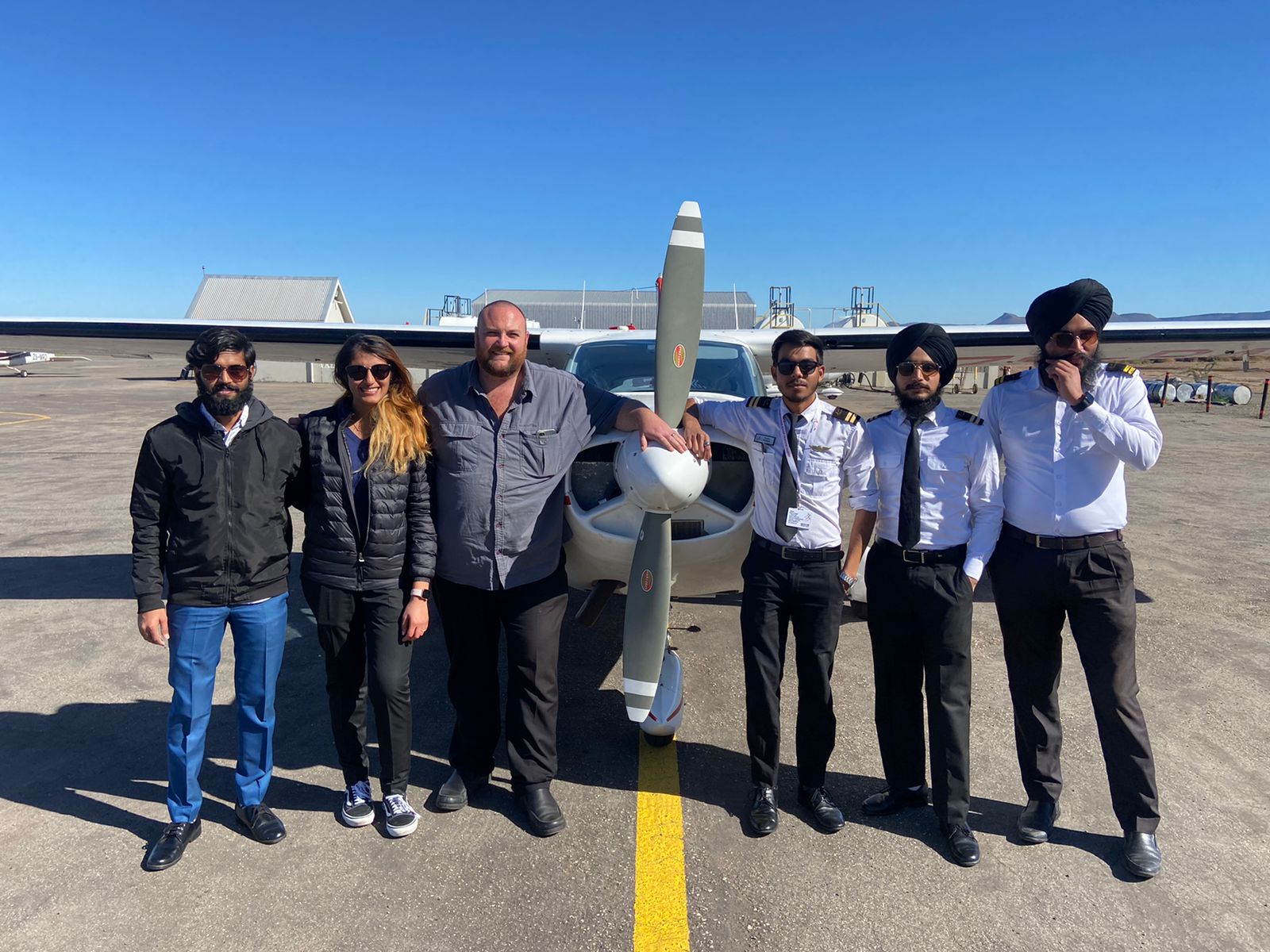
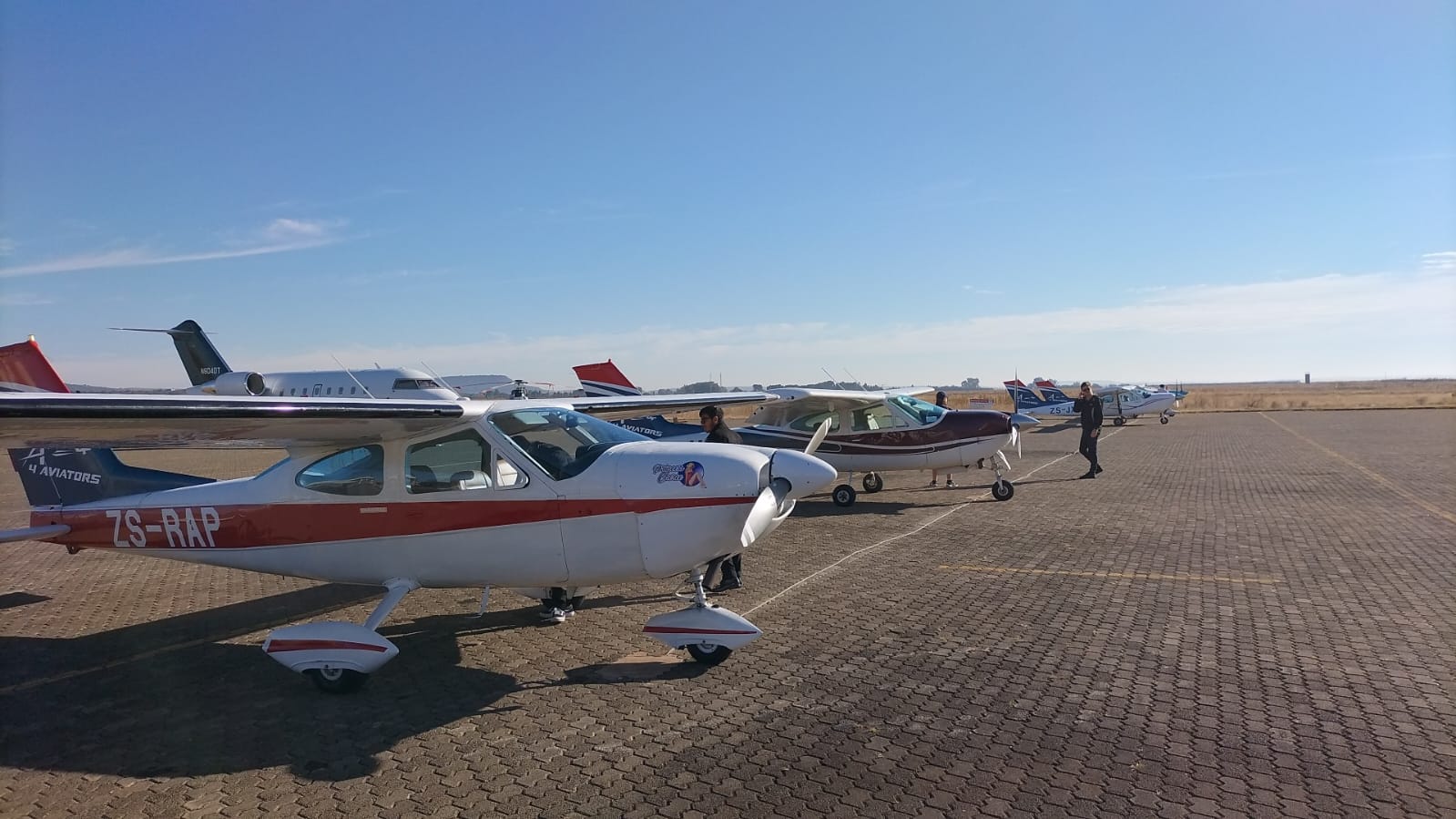
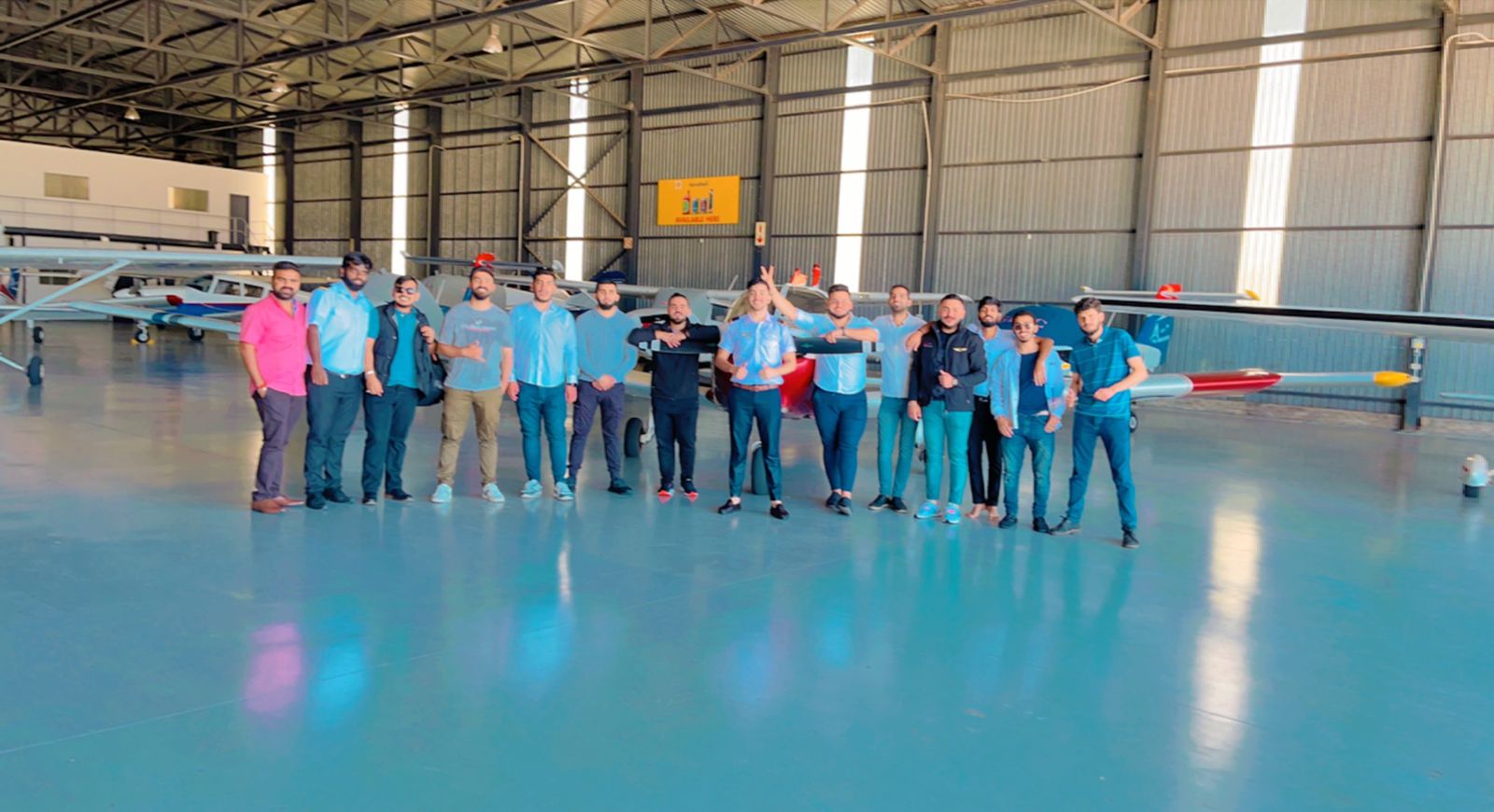
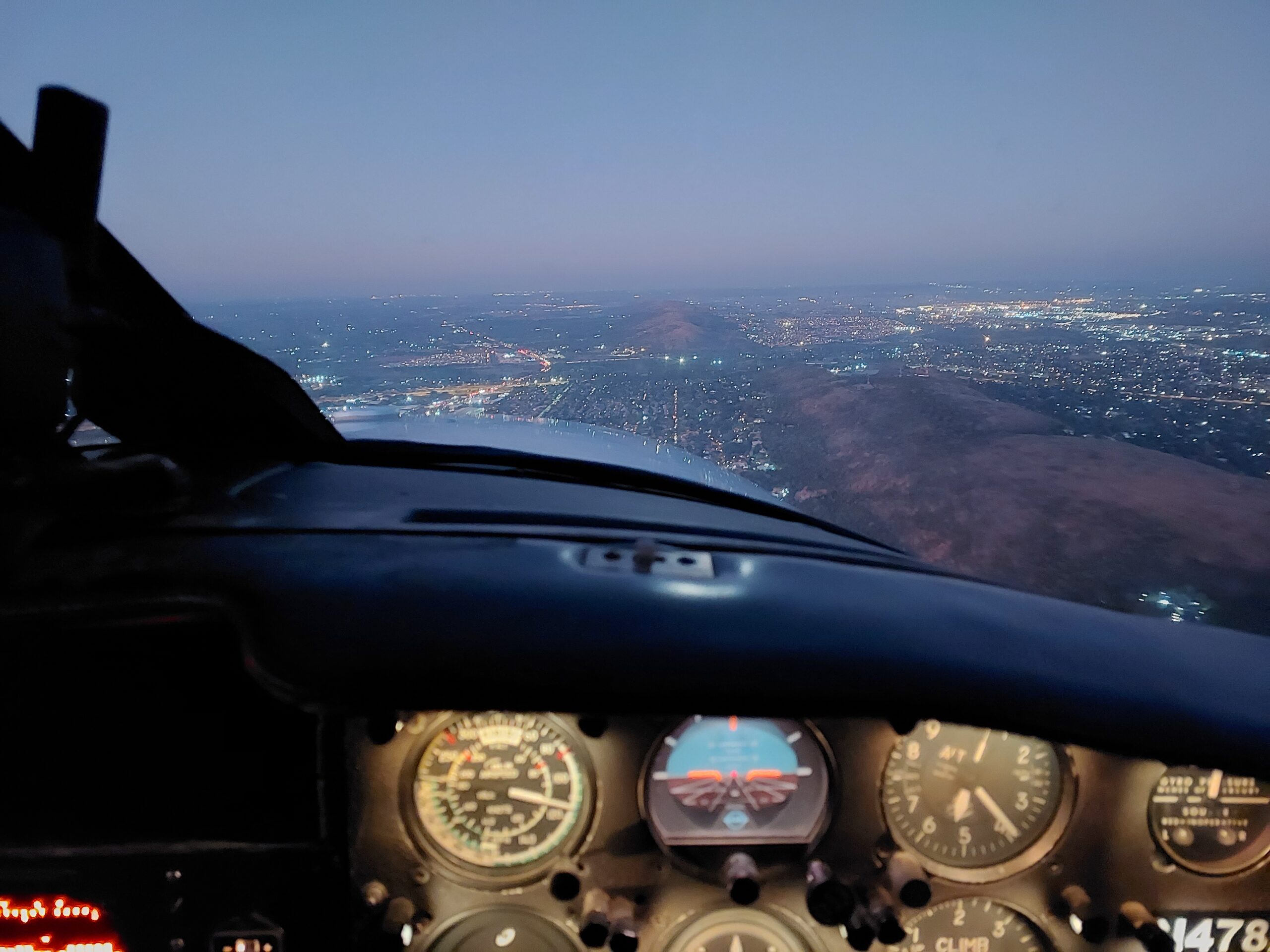
+
Trained
Pilots
+
Working As
Airline Pilots
+
Experienced
Instructors
+
Received
ATPL License
Get started with your Pilot Training.
Our courses go beyond just flight training!
Why Choose US
Committed to developing the most skilled and talented airline pilots in the industry, we provide training that sets you apart. Reach new heights with our cutting-edge programs designed for excellence and success in aviation.

Expert Flight & Ground Training
Offering expert flight and ground training, we ensure you receive the highest level of instruction for a successful aviation career. Learn from seasoned professionals and master the skills you need to excel in the skies!

Trained 120+ Multi National Students
We’ve successfully trained over 120 multinational students, providing world-class aviation education tailored to diverse needs. Join our global community and take your aviation career to new heights!

Matching Airlines Standards
Our training programs are meticulously designed to meet and exceed airline standards, ensuring you’re fully prepared for the demands of the aviation industry. Achieve excellence with training that matches the expectations of leading airlines worldwide!
Pilotsassist media
Latest Media
Stay informed with the latest updates on training programs, certification courses, aviation incidents, regulations and aviation career opportunities through PilotsAssist. We provide valuable insights, industry trends, and expert guidance to help aspiring and experienced aviation professionals achieve their goals.


Permanent Helicopter Flight Restrictions Near Washington D.C. Airport
Permanent Helicopter Flight Restrictions Near Washington D.C. Airport Latest News Explore more In a significant
American Airlines Emergency Landing: Engine Fire Sparks Investigation
American Airlines Emergency Landing: Engine Fire Sparks Investigation Latest News Explore more On March 14,
Global Demand for Pilots, Technicians, and Cabin Crew Surges as Aviation Industry Expands
Global Demand for Pilots, Technicians, and Cabin Crew Surges as Aviation Industry Expands Latest News
Contact Us
Are Your Ready To Fly?
Embark on your aviation journey with confidence and clarity.
Join a community of over 100 successful graduates who now fly for leading airlines across the globe.
Your future in the skies starts here!
- Testimonials
What our students say about us
Rahul Mehta (India)
PilotsAssist made my dream of becoming a pilot a reality. The instructors were highly experienced, and the training was well-structured. Highly recommended!
Vikram Singh (India)
I travelled from Kuwait to train here, and it was the best decision I made. The training quality is excellent, and I felt ready for my check ride.
Youssef Marwan (Morocco)
The best part was the hands-on experience with well-maintained aircraft. I truly enjoyed my time training here!
Kim Soo-Hyun (South Korea)
The training was fast-paced but very efficient. I learned so much in a short time, and now I’m ready to start my airline career!
Priya Nair (India)
I was skeptical at first, but PilotsAssist exceeded my expectations. The ground school was well-organized, and the flight hours were efficiently scheduled.
Arjun Khanna (India)
Good training, but I wish there were more flexible payment options. Overall, great experience and highly knowledgeable instructors.
Sanya Verma (India)
I loved the hands-on approach to training. The staff was super helpful, and they genuinely cared about our progress. I’m now flying commercially!
Rohan Iyer (India)
Professional training, well-maintained aircraft, and a great student community. Made some lifelong friends and learned from the best.
Neha Kapoor (India)
The training was fantastic, but I had some issues with visa paperwork. Thankfully, the team at PilotsAssist helped me through it all!
Amit Joshi (India)
I researched many flight schools, and I’m glad I chose PilotsAssist. The training quality is excellent, and I was job-ready after completing my CPL.
Deepak Malhotra (India)
The instructors were patient and encouraging. I had a fear of stalling at first, but they trained me so well that now I love flying in all conditions!
Wei Zhang (China)
Coming from China, I was worried about the language barrier, but the instructors made sure I understood everything clearly. A great place to train!
Aiko Tanaka (Japan)
The simulator training is world-class, and the flight instructors are incredibly skilled. I felt confident taking my first solo flight thanks to them!
Kim Soo-Hyun (South Korea)
The training was fast-paced but very efficient. I learned so much in a short time, and now I’m ready to start my airline career!
Thanawat Chai (Thailand)
Amazing training but very strict schedule. If you’re serious about becoming a pilot, this is the place for you.
Daniel Nguyen (Vietnam)
The entire process, from admission to graduation, was smooth. The instructors are highly experienced, and the training program is very structured.
Eka Wibowo (Indonesia)
Loved the experience! The flight hours were well-planned, and the instructors gave personal attention to each student.
Philip Liew (Malaysia)
PilotsAssist has everything you need—excellent aircraft, good instructors, and proper flight planning. I recommend this to anyone looking for quality training.
Jasmine Ong (Singapore)
I had an incredible experience here! The instructors were patient and detailed, making sure I mastered each skill before moving on.
Ramesh Adhikari (Nepal)
Great training environment! The school provides everything needed for a successful aviation career. I’m proud to be a PilotsAssist graduate!
Omar Al-Farsi (UAE)
The flight training was top-tier, and the instructors had airline experience. I feel well-prepared for my aviation career.
Hassan Jaber (Saudi Arabia)
The program was very structured, and the flight hours were well-planned. I now have my CPL, thanks to PilotsAssist!
Layla Mohammed (Qatar)
From the first day, I felt welcomed. The training was well-paced, and the instructors were extremely supportive.
Kareem El-Sayed (Egypt)
Everything was great, but I wish there was more flexibility with scheduling flights. Other than that, it was an amazing experience!
Aisha Khalid (Bahrain)
Being a female pilot in the Middle East can be challenging, but PilotsAssist provided the right support and training. I feel confident in my skills!
Zaid Abu Nasser (Jordan)
The instructors were very knowledgeable, and I appreciated the attention to safety. The school really cares about its students.
Sami Haddad (Lebanon)
PilotsAssist has some of the best flight instructors. They focus on discipline, safety, and real-world aviation skills!
Faisal Rahmani (Kuwait)
I travelled from Kuwait to train here, and it was the best decision I made. The training quality is excellent, and I felt ready for my check ride.
Youssef Marwan (Morocco)
The best part was the hands-on experience with well-maintained aircraft. I truly enjoyed my time training here!
Nasir Dabbagh (Oman)
The instructors took their time to ensure I mastered each concept. I am now confident and prepared for my airline career!
Frequently Asked Questions
Got any questions? we’re here to help
To become a pilot, you need to complete flight training from a certified flight school, obtain the necessary licenses, and log the required flight hours. The process includes ground school training, flight simulator practice, and real flight experience.
The basic requirements vary by country, but generally, you need:
- Minimum age of 17-18 years (depending on the country)
- High school diploma or equivalent
- Good English proficiency
- Medical fitness as per aviation authority standards (Class 1 or Class 2 medical certificate)
There are several types of pilot licenses, including:
- Private Pilot License (PPL) – For personal flying, non-commercial
- Commercial Pilot License (CPL) – Required to work as a professional pilot
- Airline Transport Pilot License (ATPL) – For airline captain positions
- Multi-Engine Rating (MER) & Instrument Rating (IR) – Additional qualifications for advanced flying
- Private Pilot License (PPL): 3-6 months
- Commercial Pilot License (CPL): 12-18 months
- Airline Transport Pilot License (ATPL) (frozen ATPL): Varies based on experience
Pilot training costs vary depending on the location, flight school, and type of aircraft used. On average:
- PPL: $8,000 – $15,000
- CPL (with ATPL Theory): $50,000 – $100,000
- Full ATPL (Cadet Program): $80,000 – $150,000
These are rough estimates.
Please contact us for the updated estimates.
Email us your query at: info@pilotsassist.com
Training fees increase & decrease based on fuel prices.
Yes, some flight schools and aviation organizations offer scholarships, sponsorships, or loan programs. Check with local aviation authorities or airlines for funding opportunities.
Pilots must pass an aviation medical exam conducted by an authorized aviation medical examiner.
- Class 1 Medical Certificate – Required for commercial pilots
- Class 2 Medical Certificate – Required for private pilots
Common tests include vision, hearing, ECG, blood pressure, and general health assessment.
No, a college degree is not mandatory for most pilot licenses. However, many airlines prefer candidates with a degree in aviation, engineering, or a related field.
If you have an ATPL you are exempted from any degree requirements.
To enroll in a flight school, follow these steps:
- Research & Choose a reputable flight school
- Meet the Requirements (age, education, medical fitness)
- Apply & Take an Assessment (some schools require entrance tests)
- Complete Ground School & Flight Training
- Pass Licensing Exams
- Modular Training: Flexible and self-paced; you can complete each phase separately.
- Integrated Training: Full-time structured program; often faster but more expensive.
- Yes, as long as your vision can be corrected to meet the aviation authority’s requirements.
The aviation industry is growing, and airlines worldwide are hiring pilots. The demand varies by region and economic factors, but job opportunities remain strong, especially in commercial aviation.
Yes, many flight schools accept international students. You may need a student visa and must meet English proficiency requirements.
The fastest way is through an integrated ATPL program, which takes about 18-24 months. However, this requires full-time commitment and significant financial investment.
- Obtain Multi-Engine & Instrument Rating
- Build Flight Hours (typically 1,500 for ATPL)
- Pass Airline Screening & Simulator Tests
- Complete Type Rating (specific to the airline’s aircraft)
- Join an Airline as a First Officer
- Gain experience as a flight instructor or charter pilot
- Get a type rating on commonly used aircraft (e.g., Boeing 737, Airbus A320)
- Improve soft skills like communication and teamwork
- Stay updated with aviation industry trends
There is no strict maximum age limit, but airlines generally prefer hiring pilots under 35-40 for commercial roles. The retirement age for airline pilots is typically 65.
A Type Rating is specialized training for a specific aircraft model (e.g., Boeing 737). Most airlines require pilots to have a type rating before employment.
- Frozen ATPL: You have passed ATPL theory exams but still need 1,500 flight hours to convert it into a full ATPL.
- Full ATPL: You have met all experience and flight hour requirements and can become a captain.
It depends on the severity of the record and aviation authority regulations. Background checks are required for airline jobs, and serious offenses may disqualify candidates.









